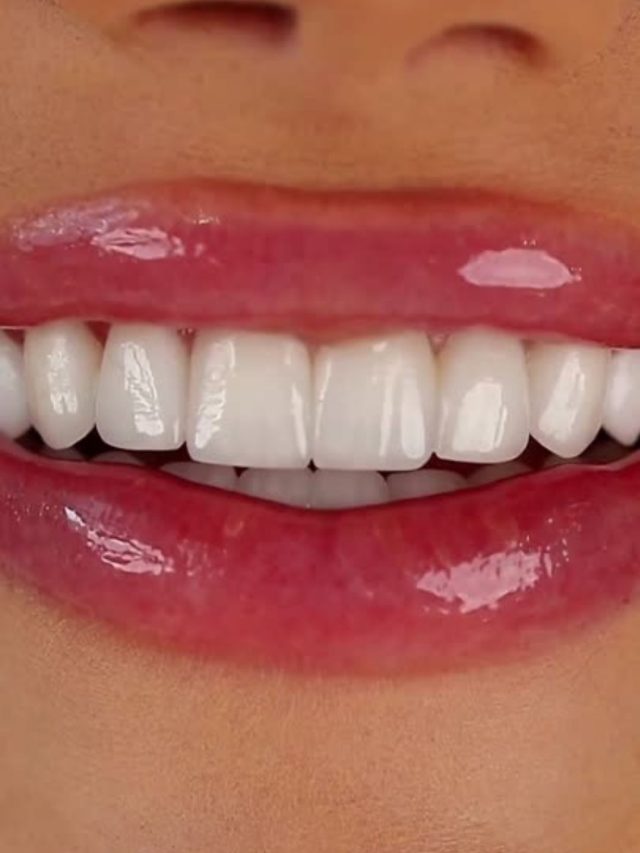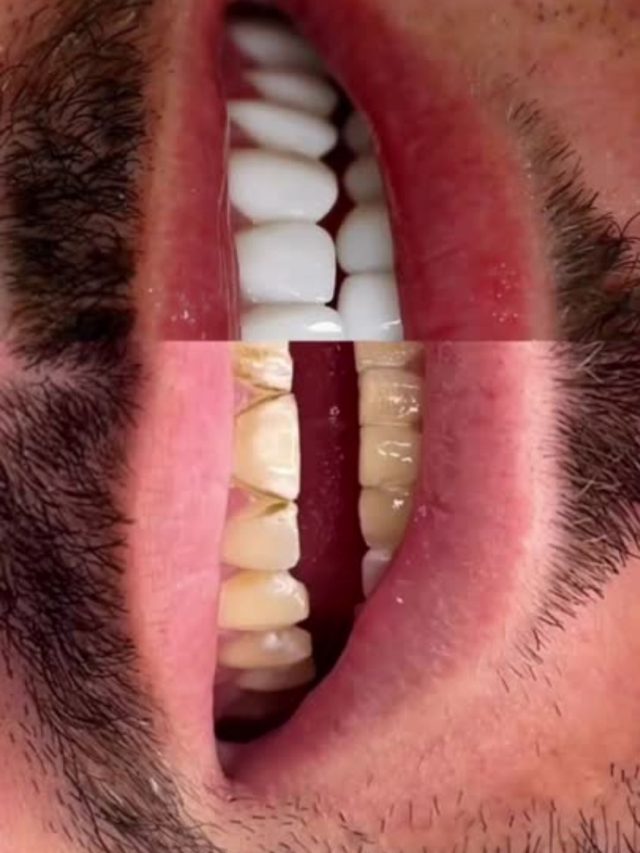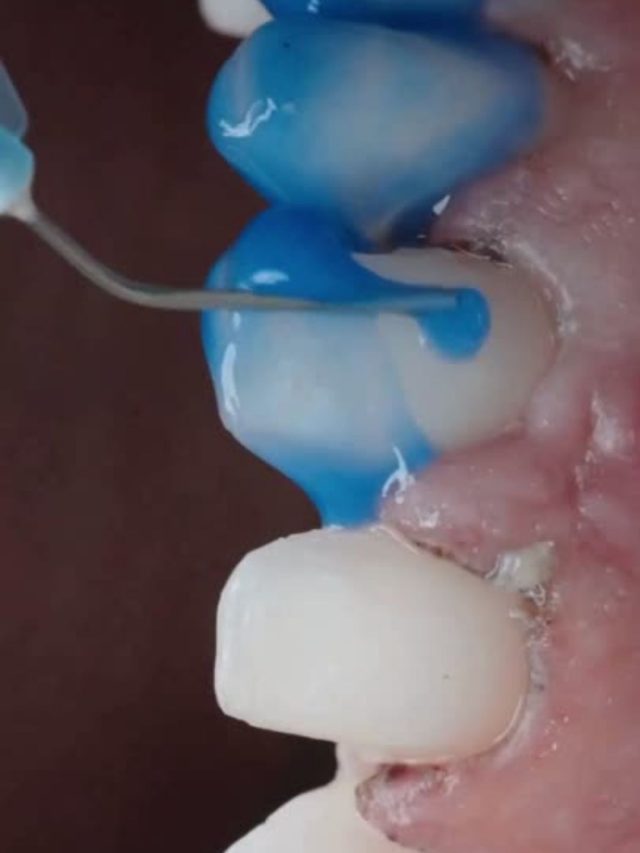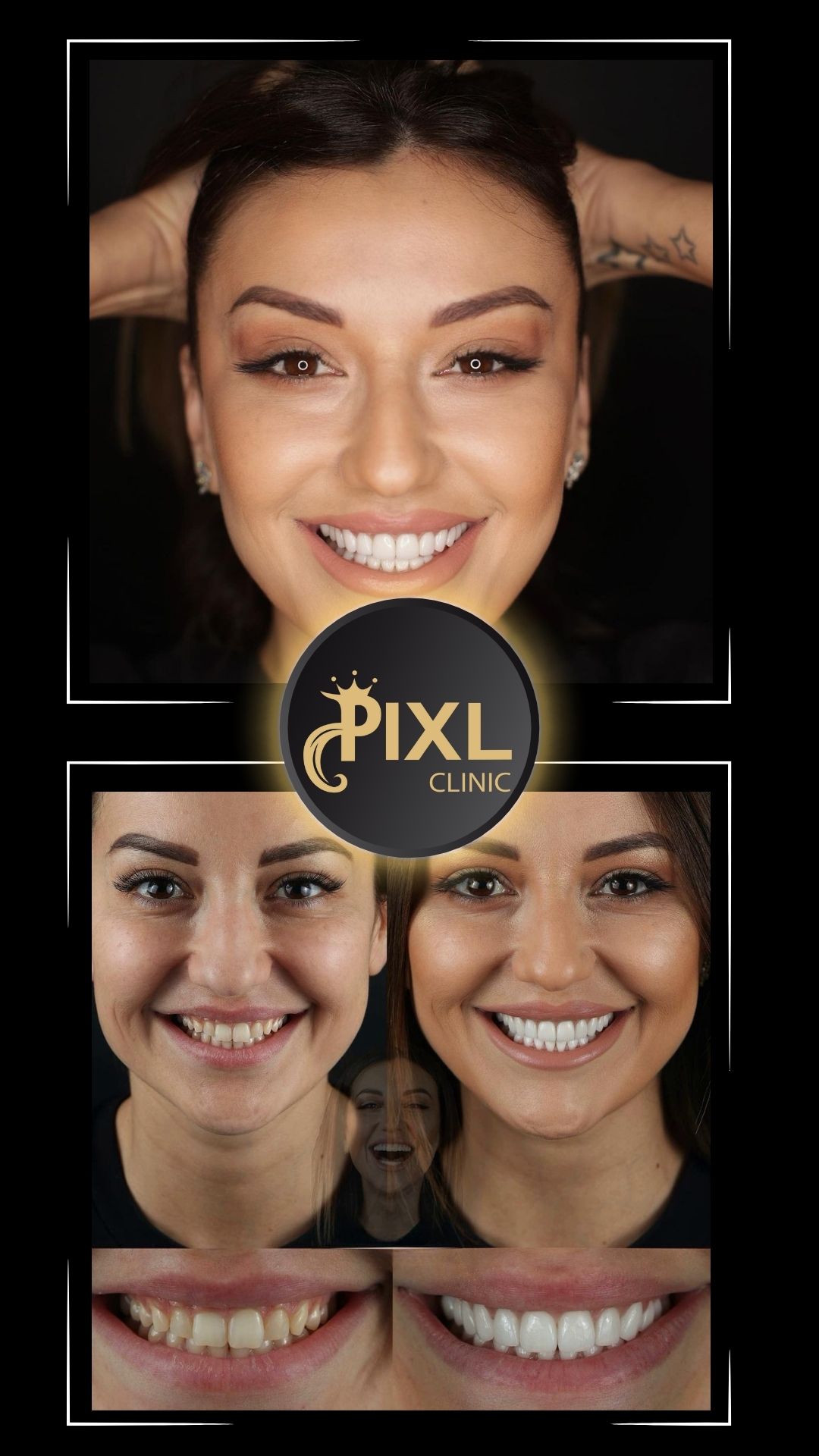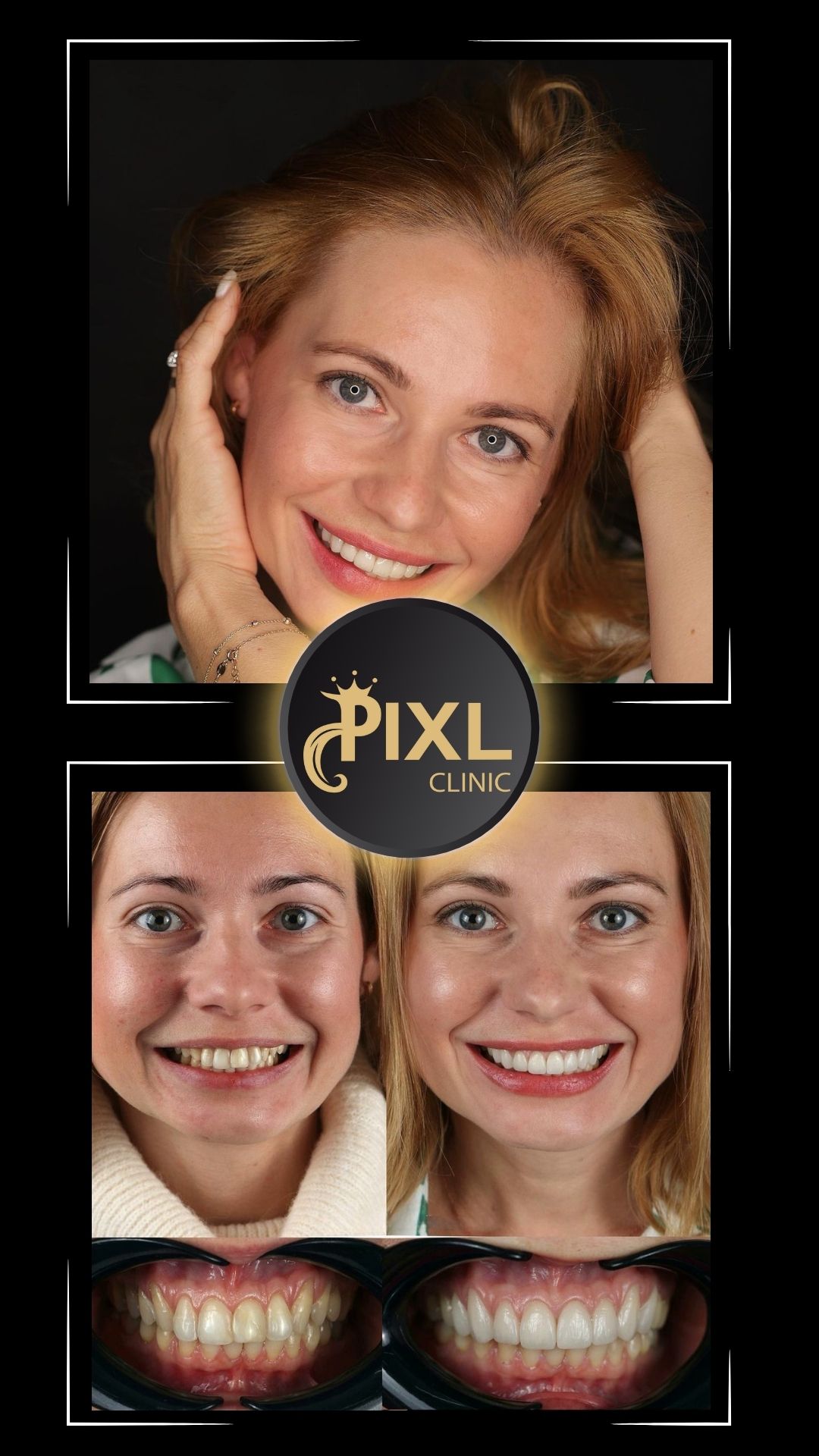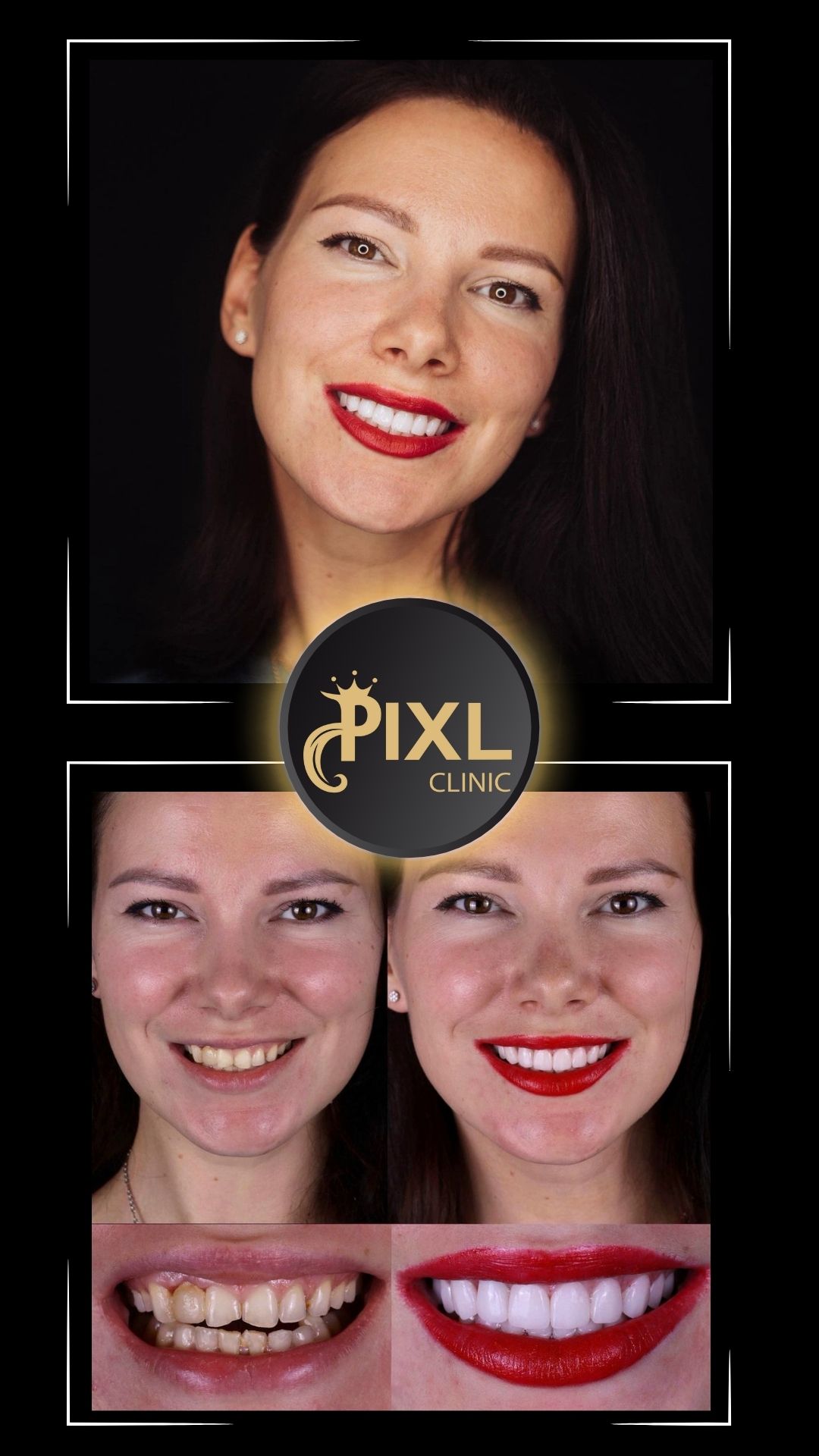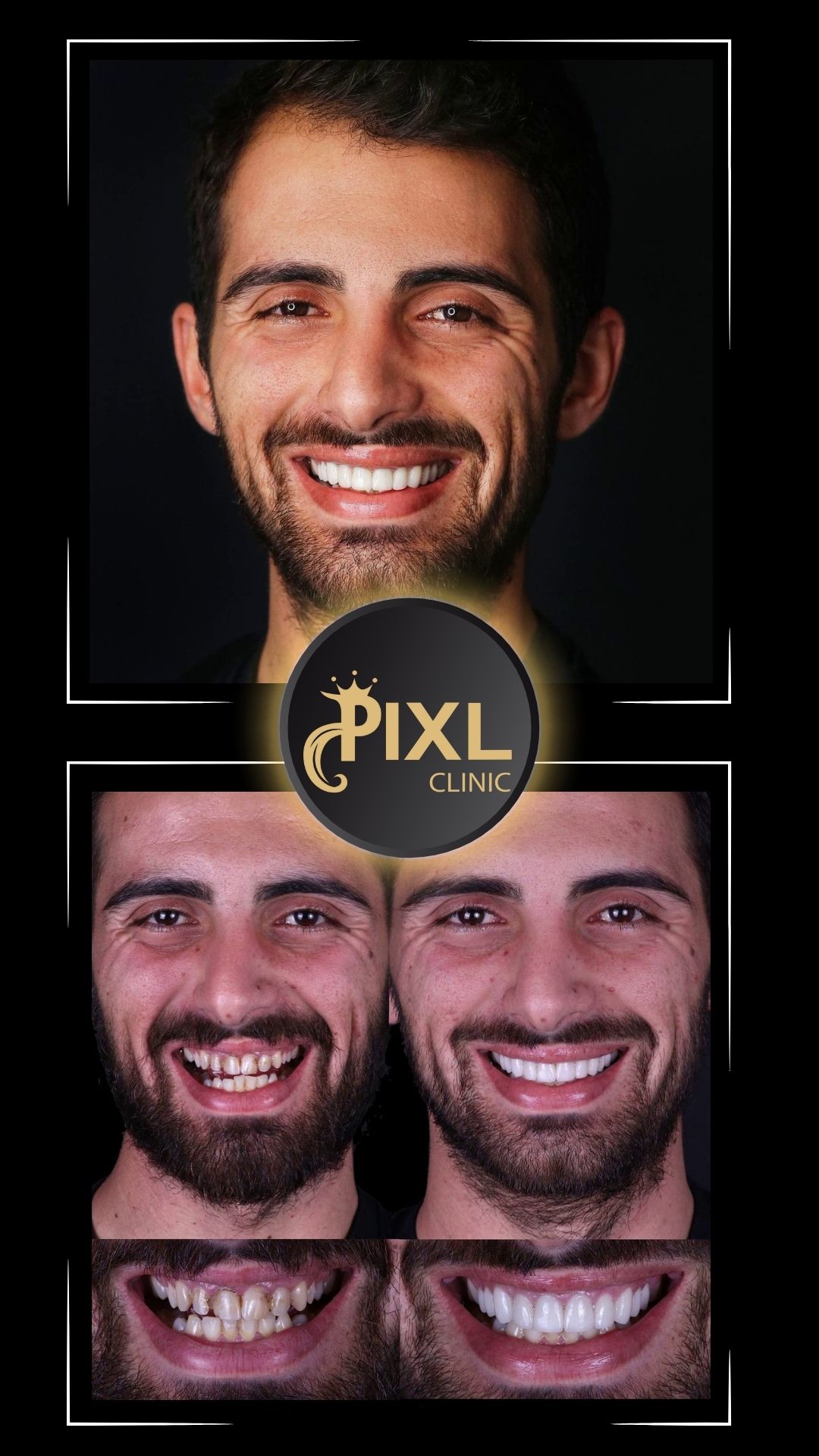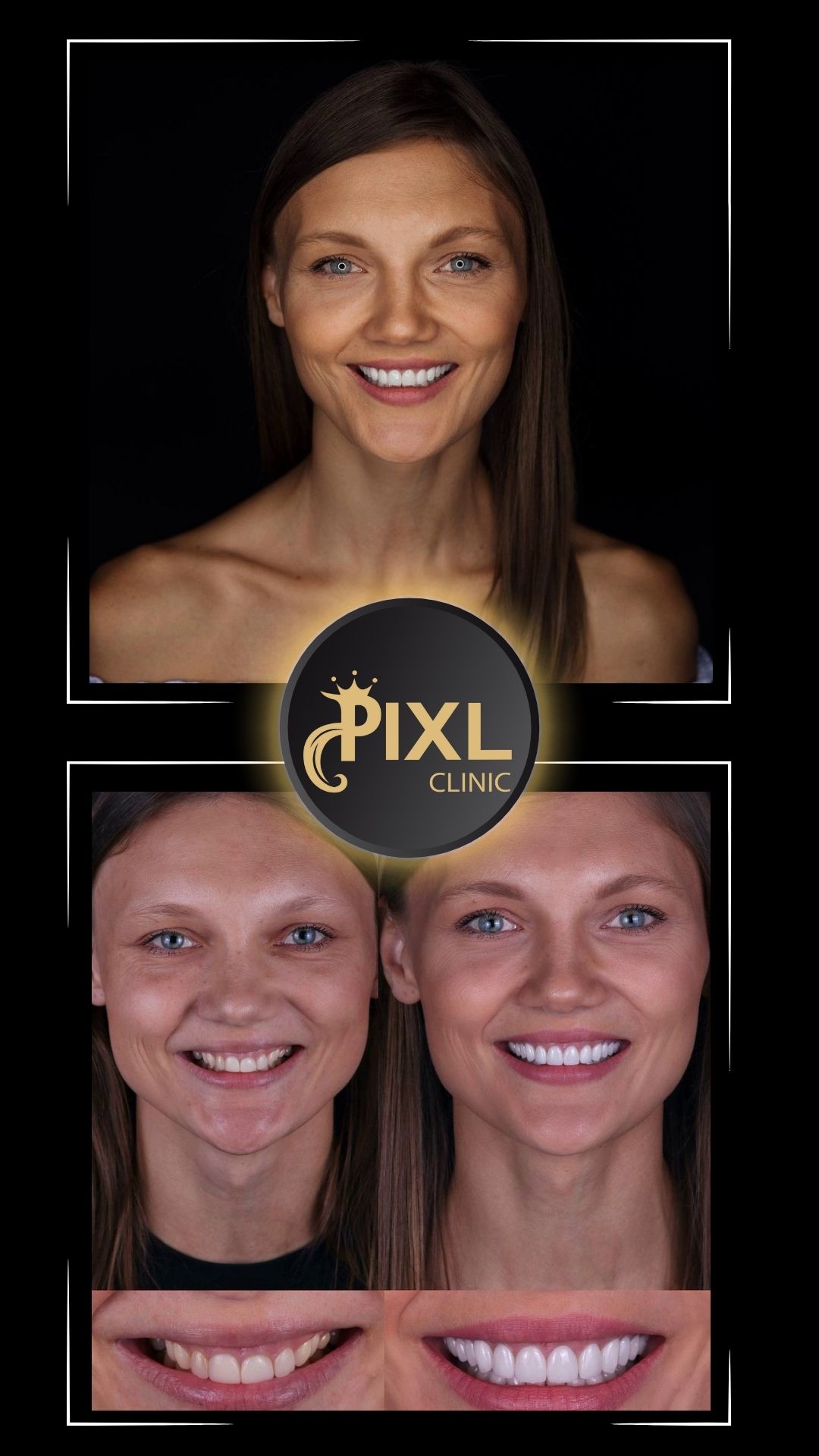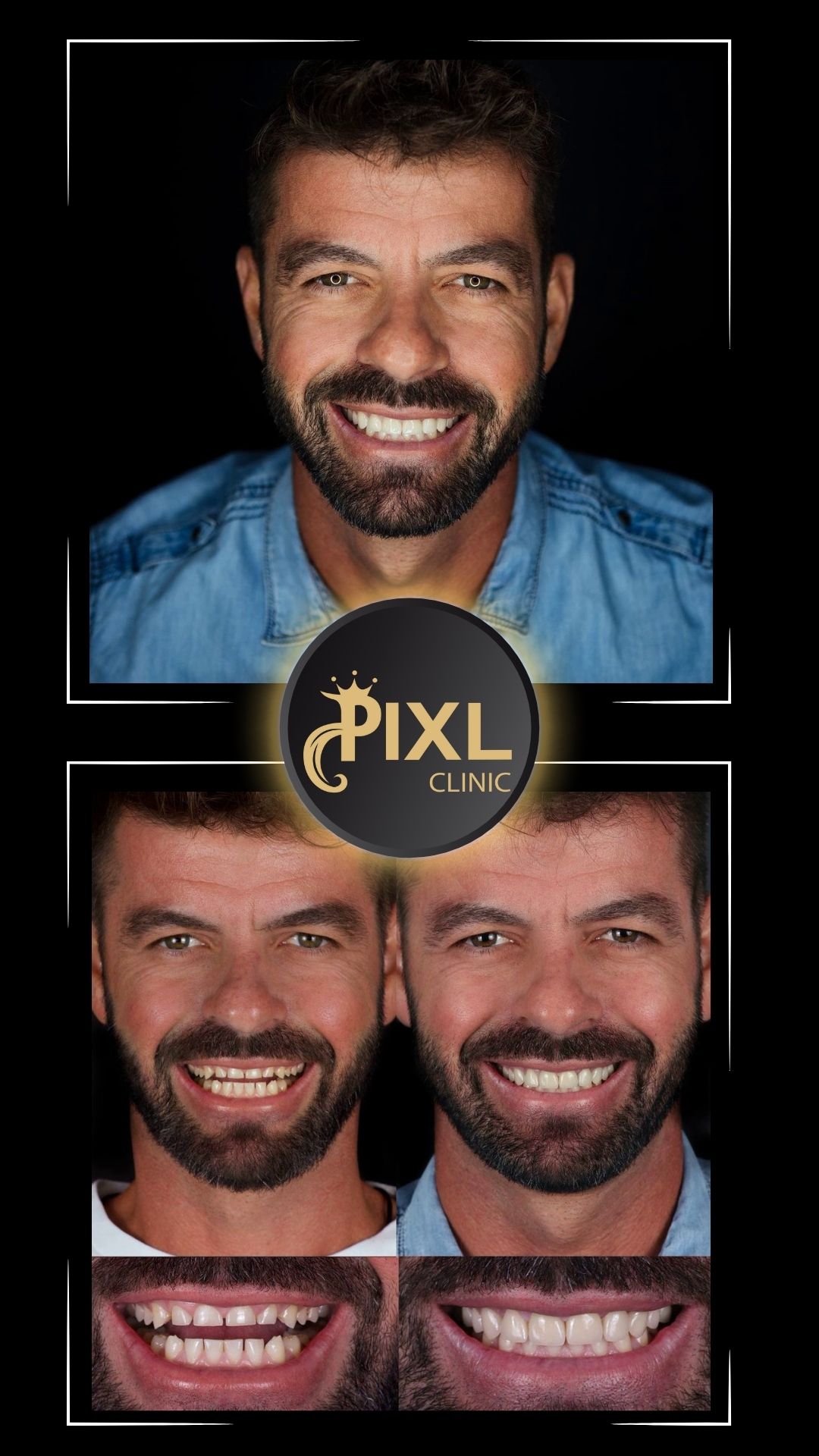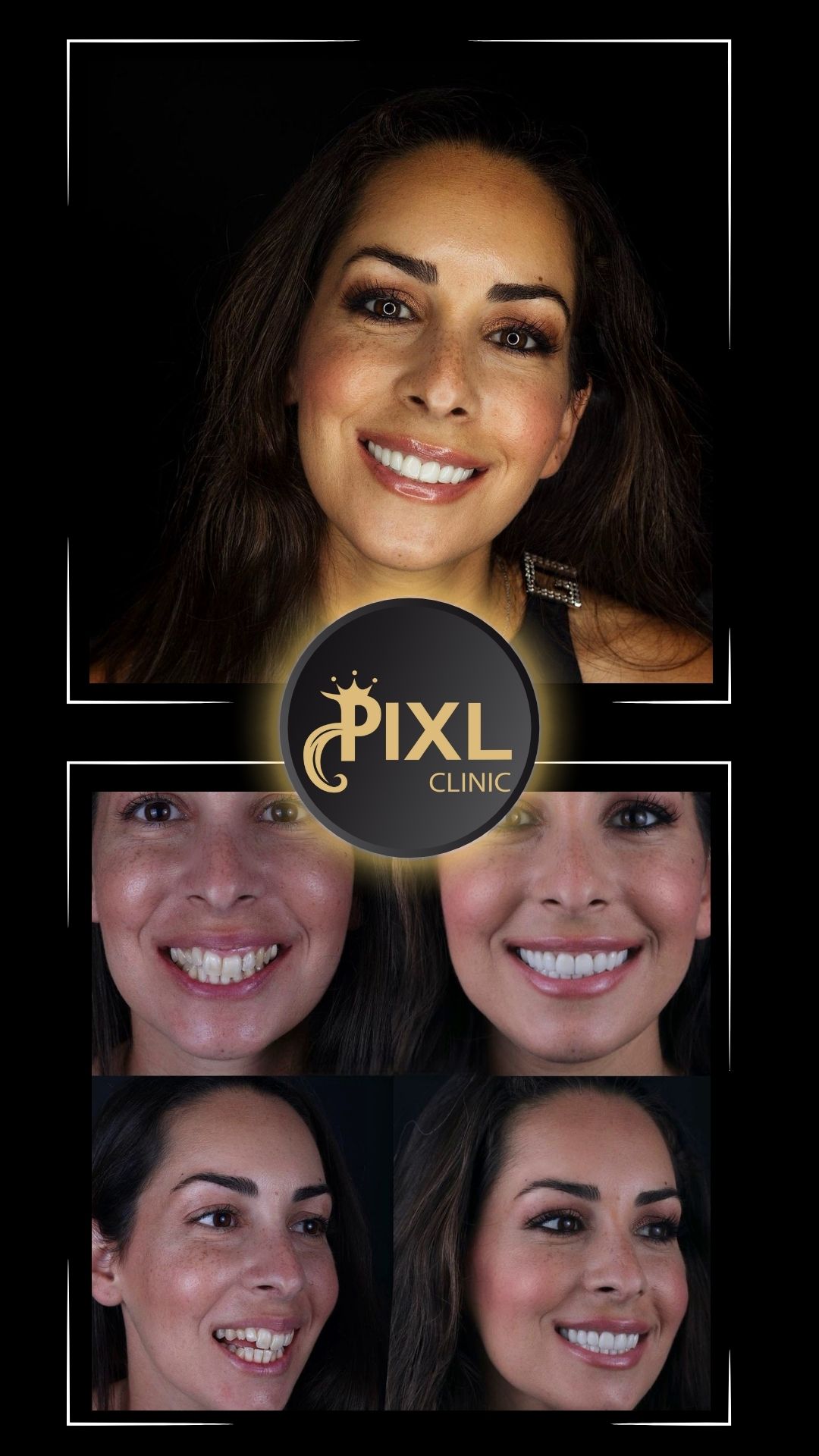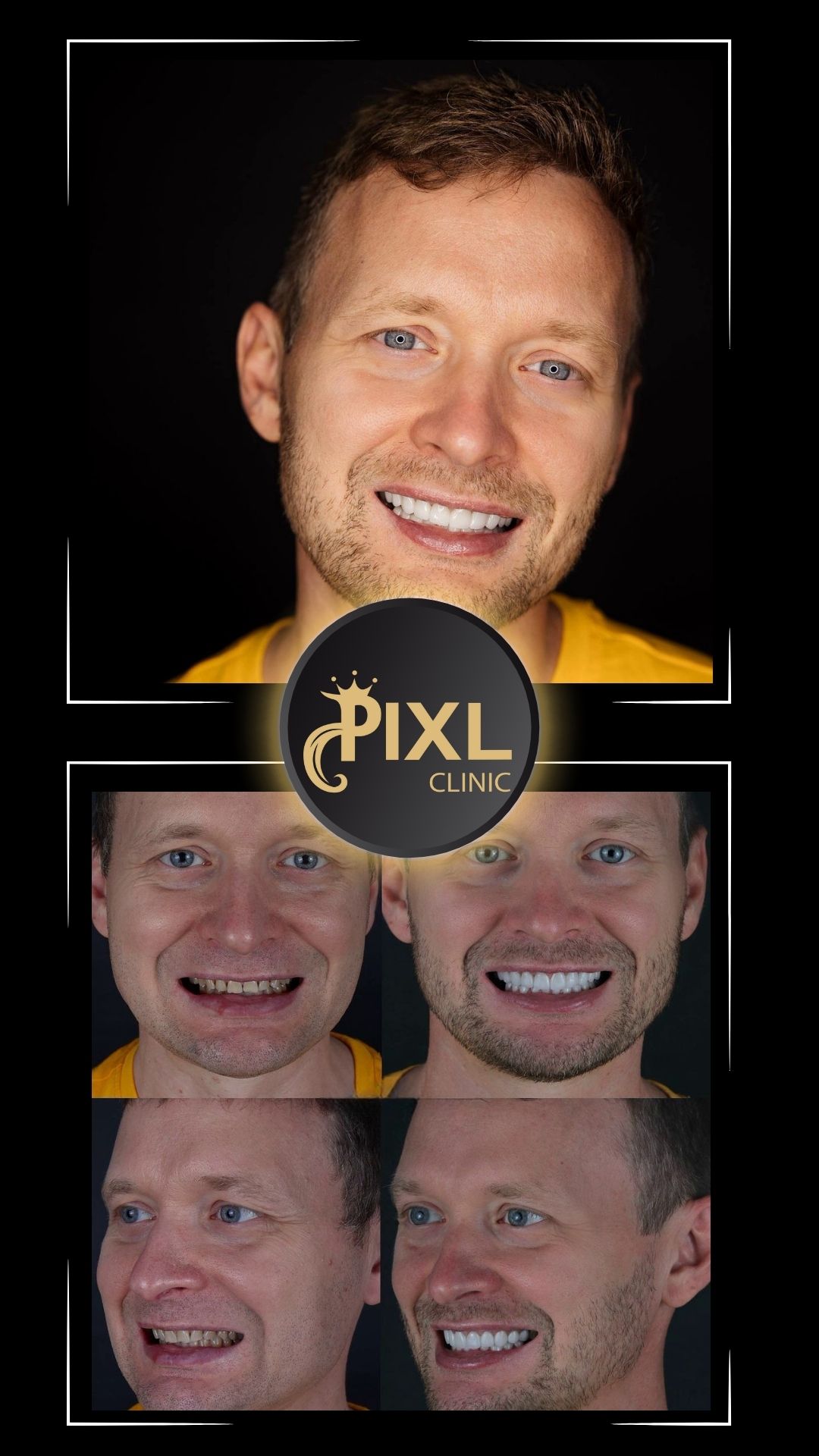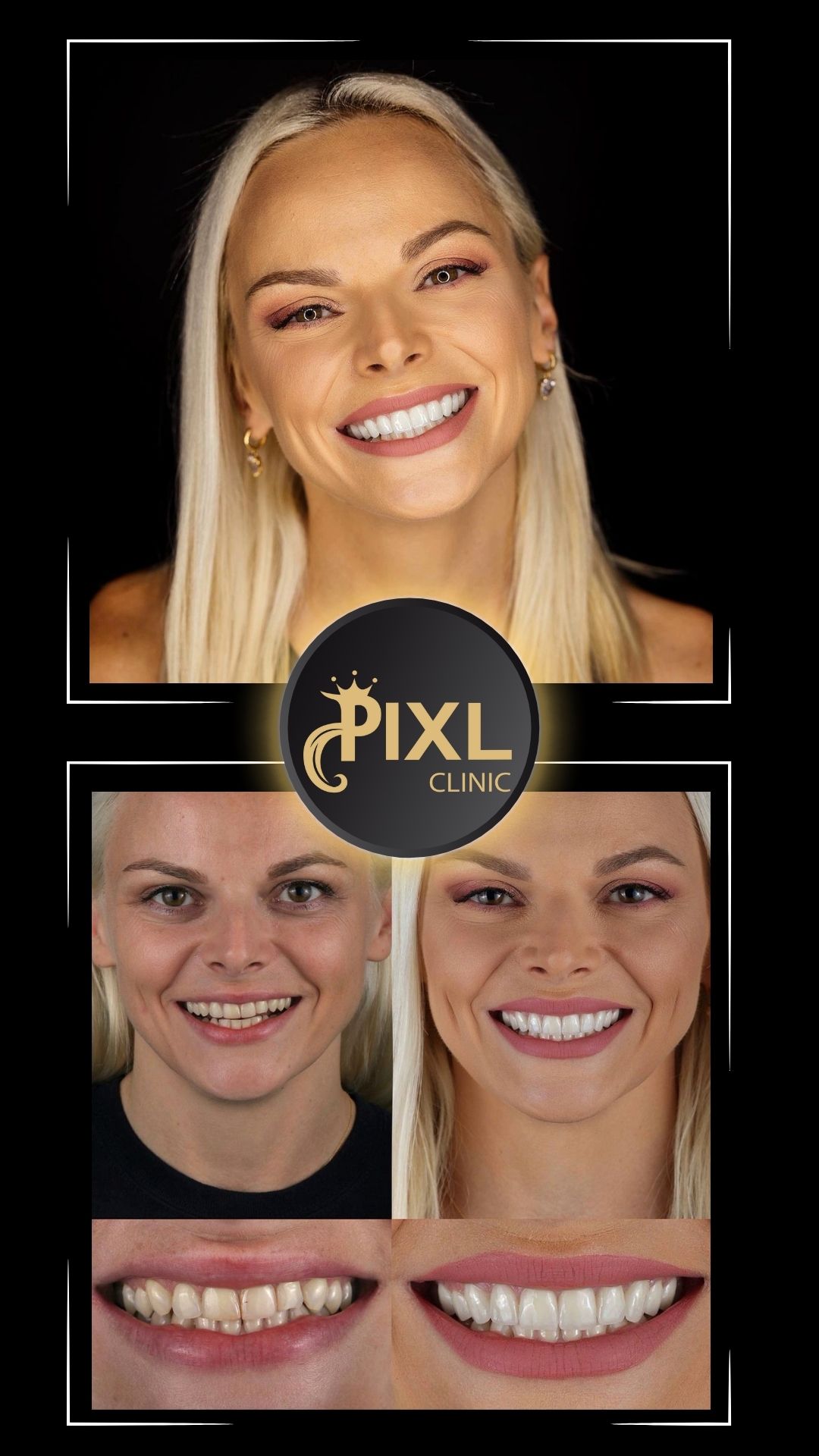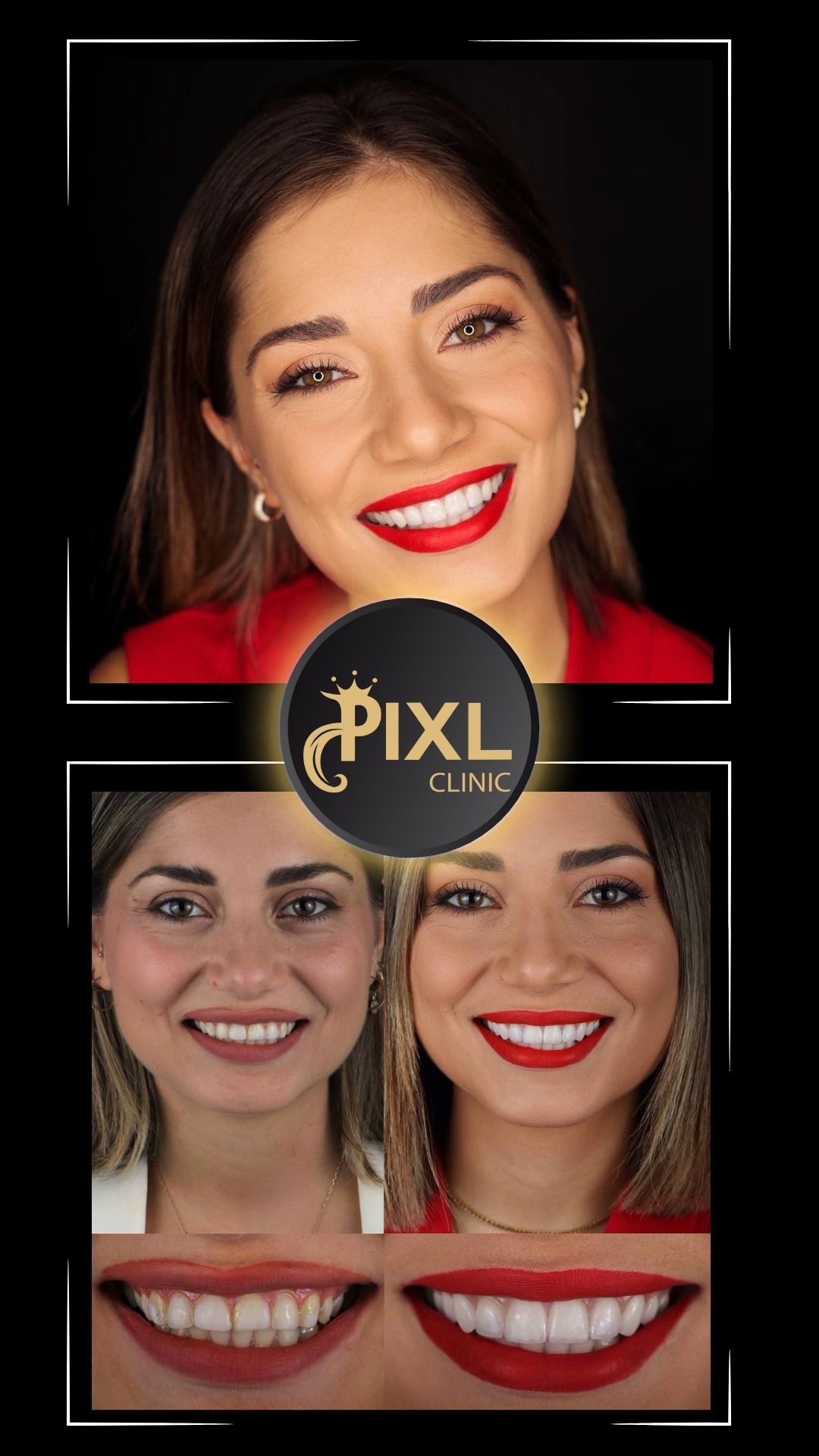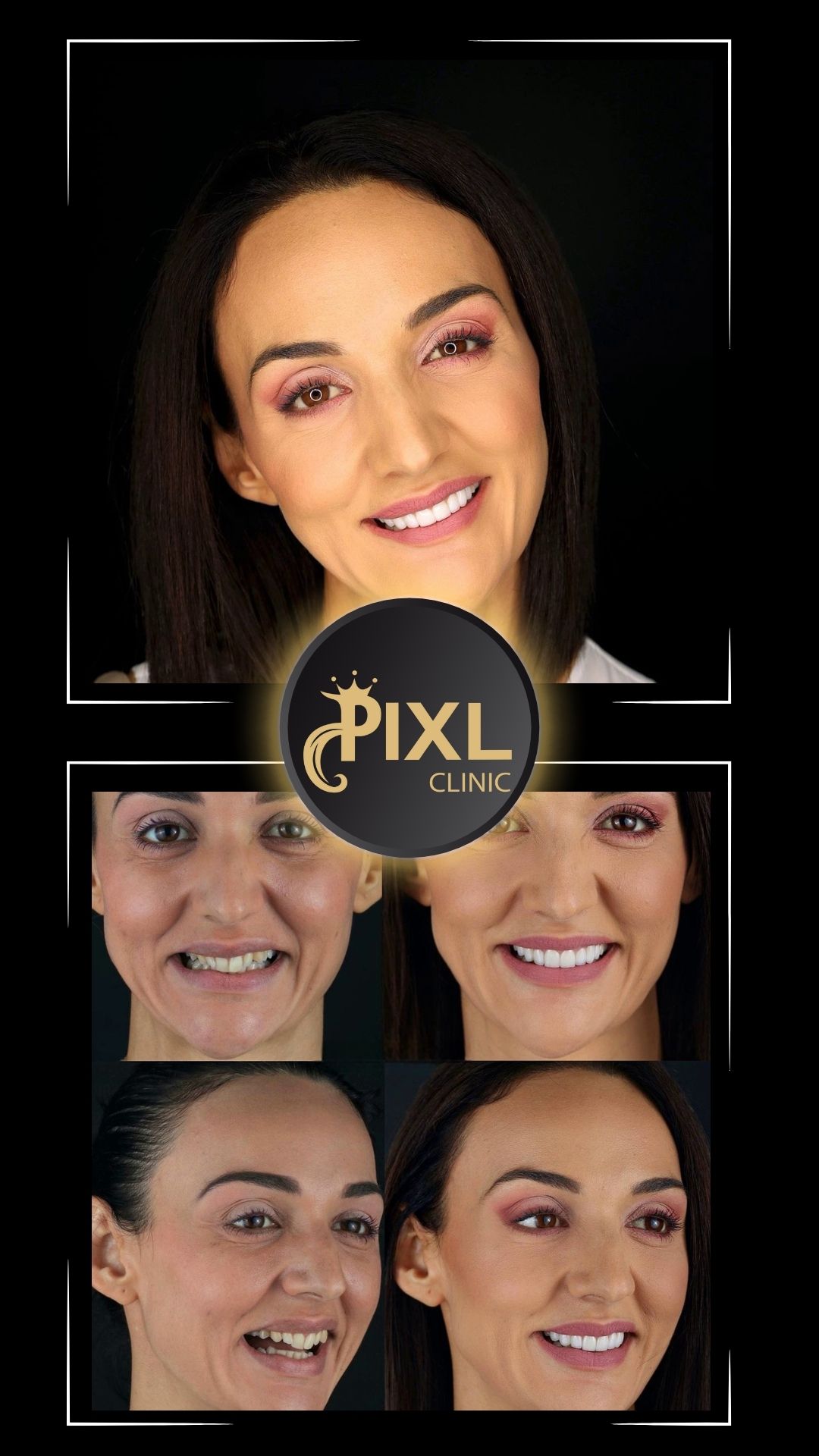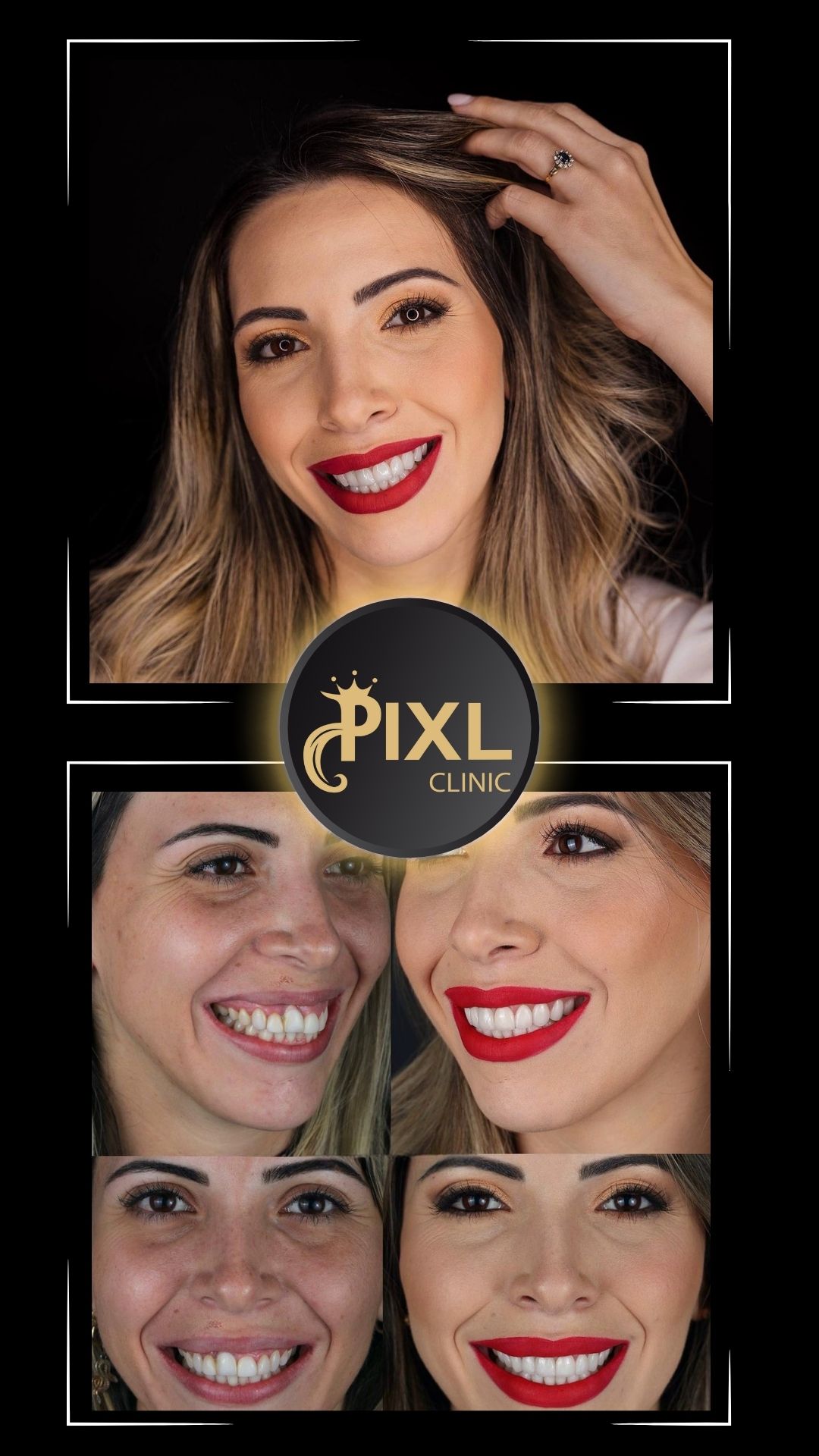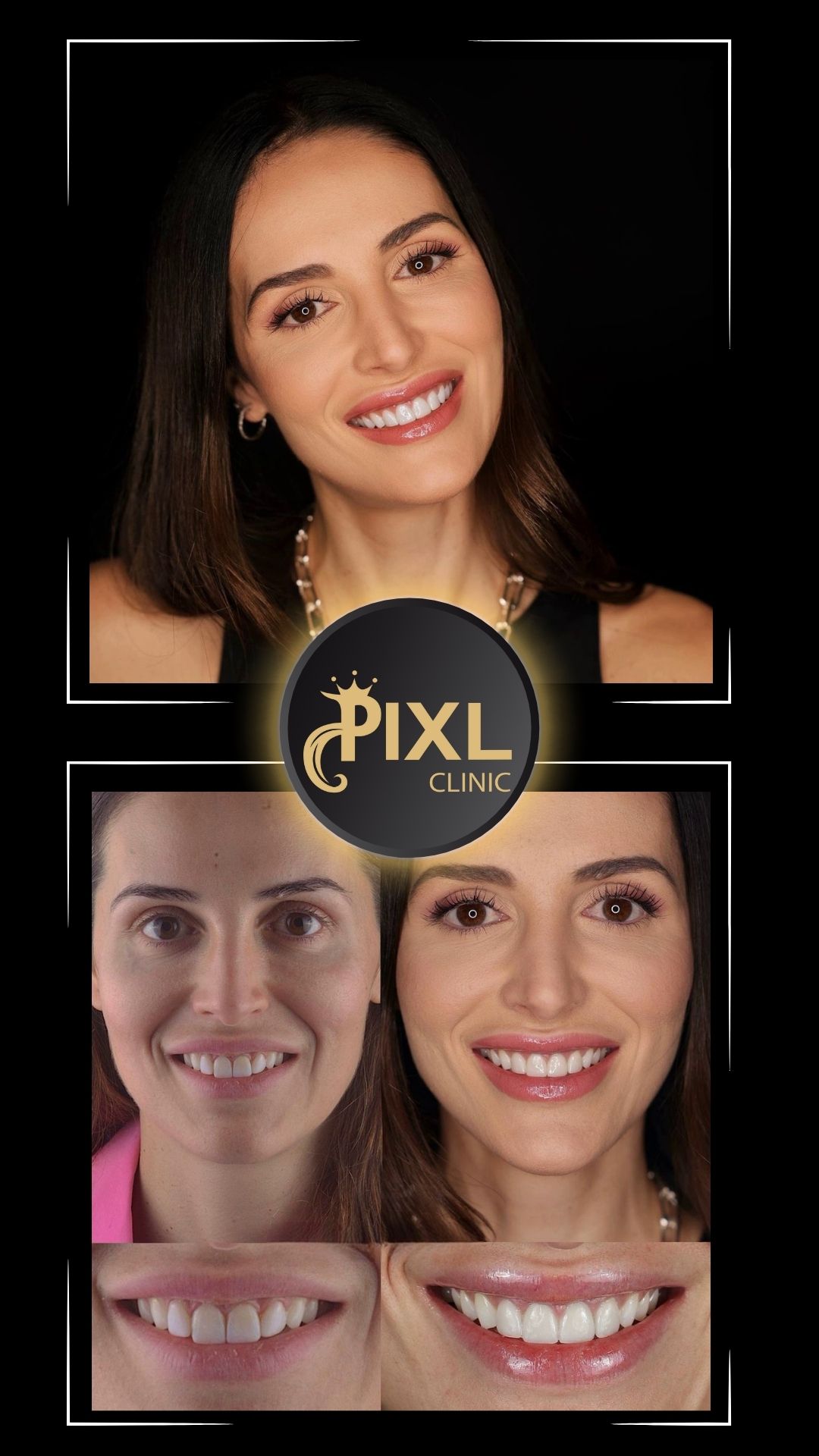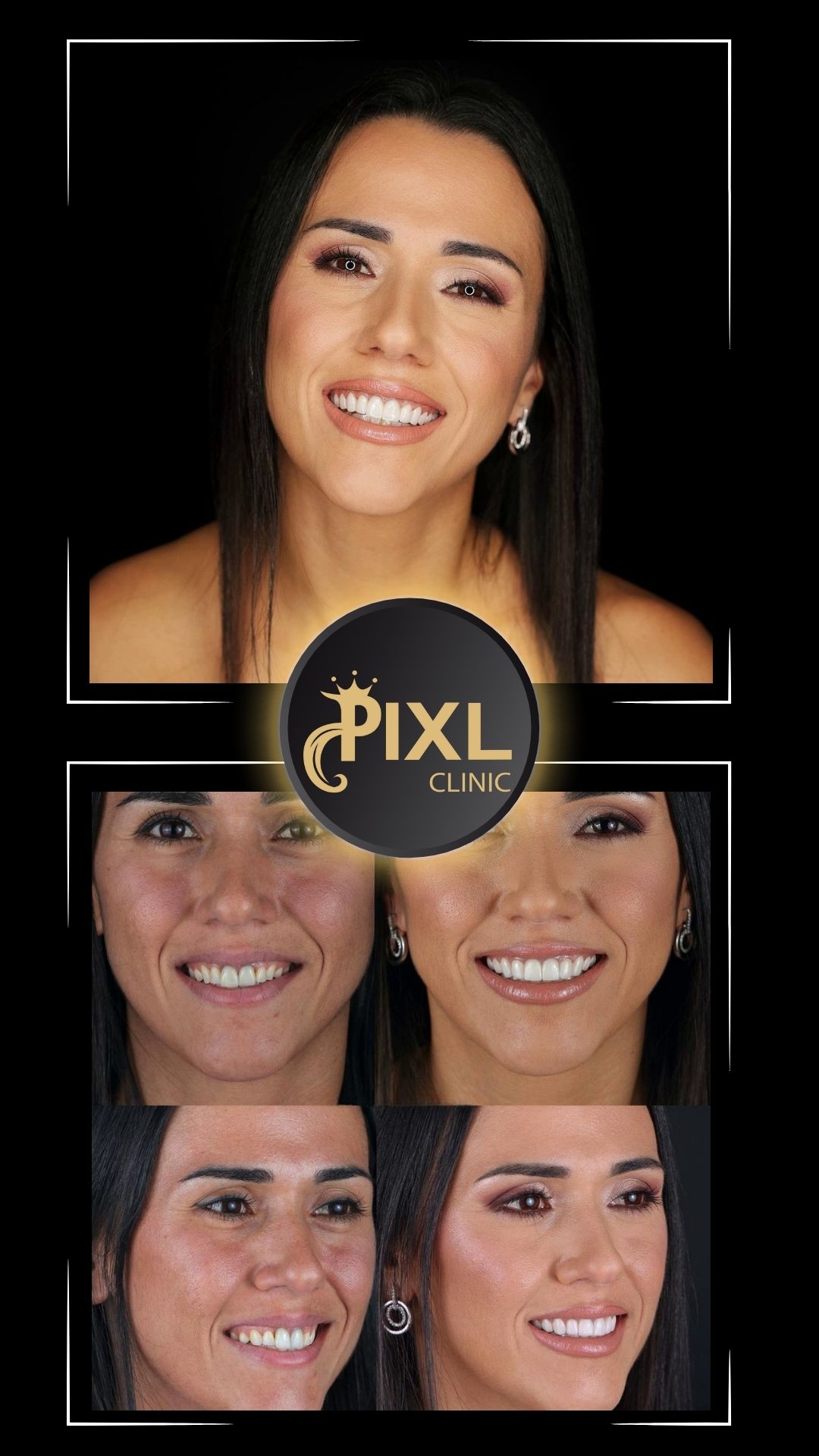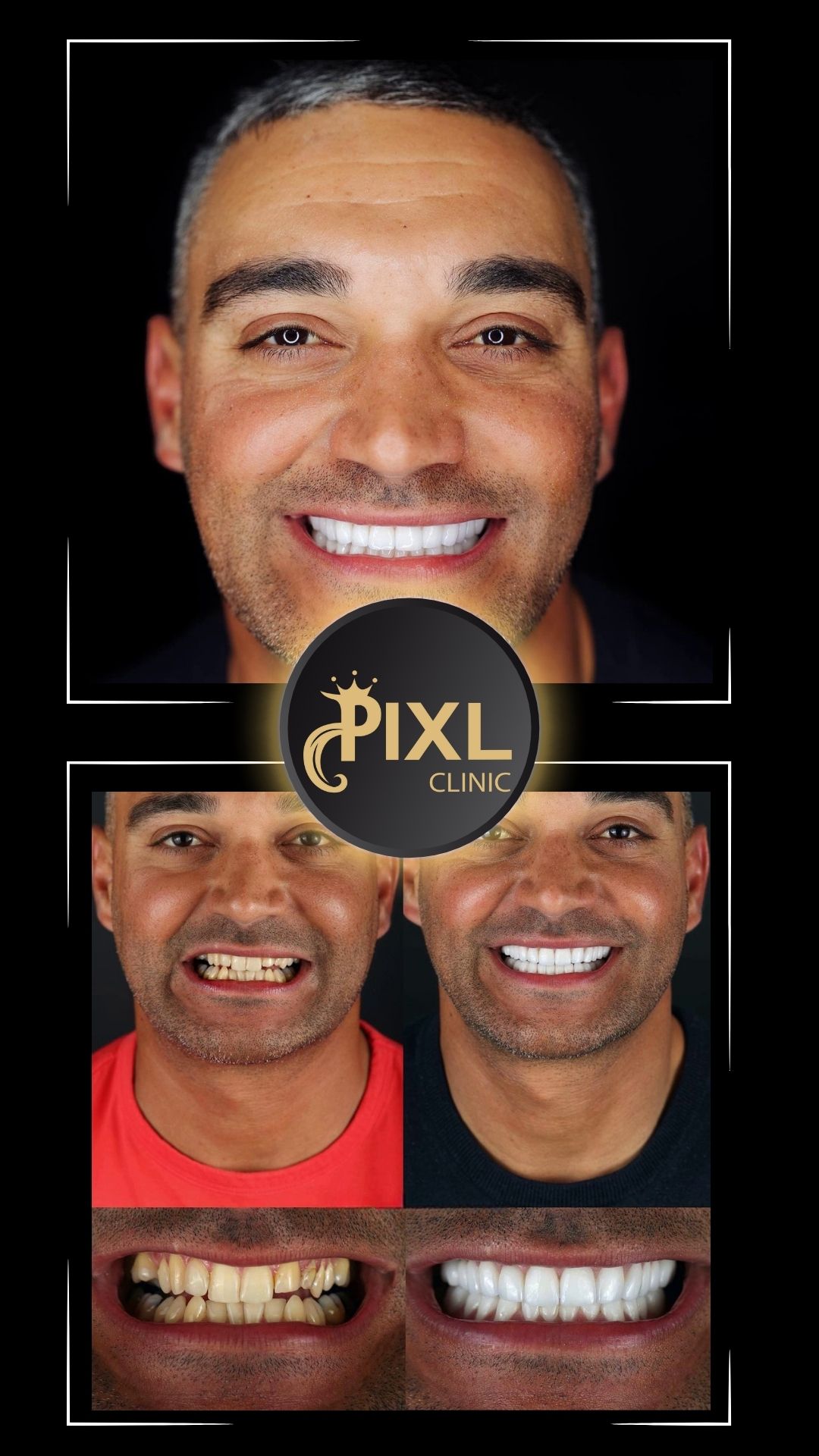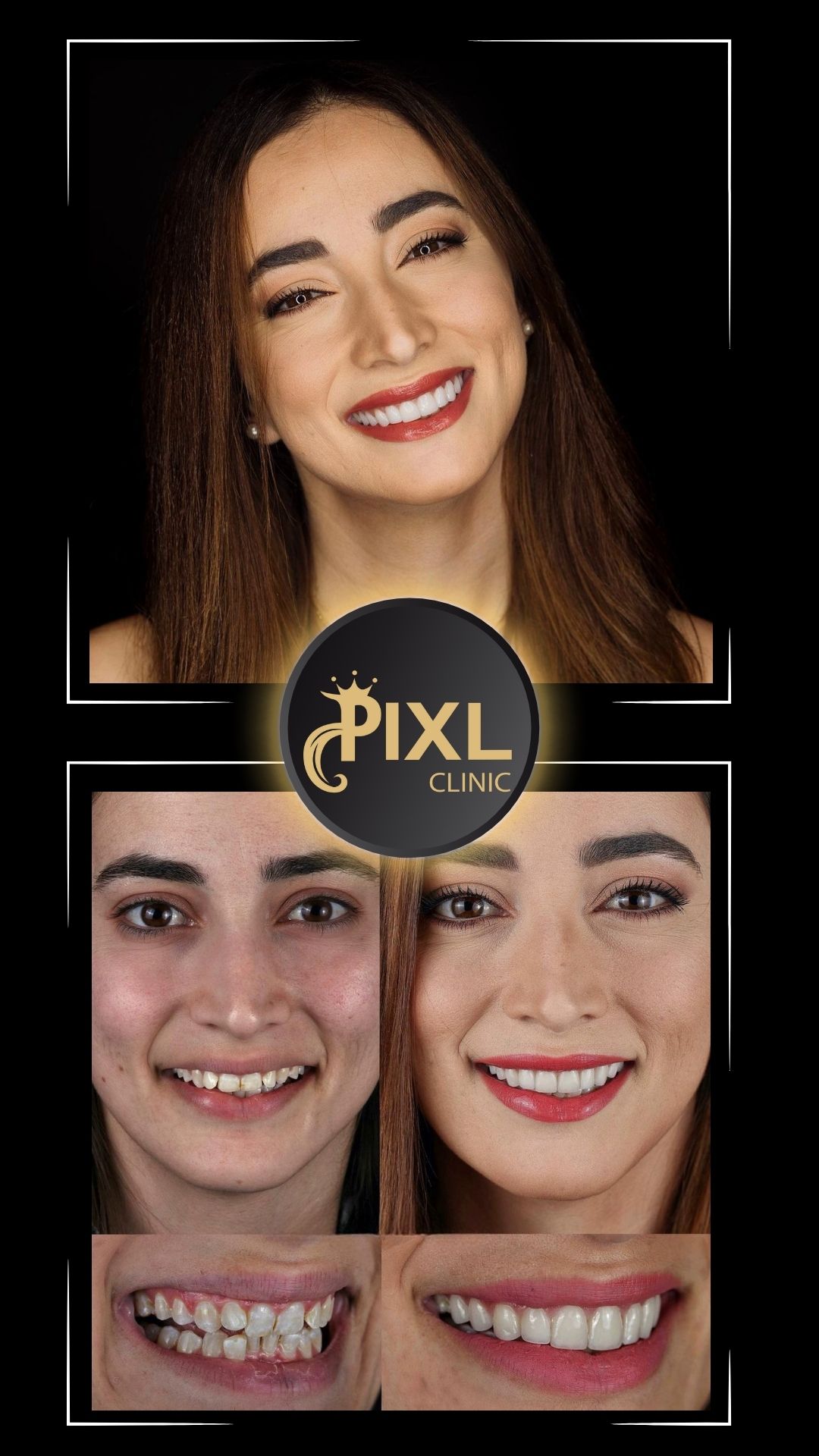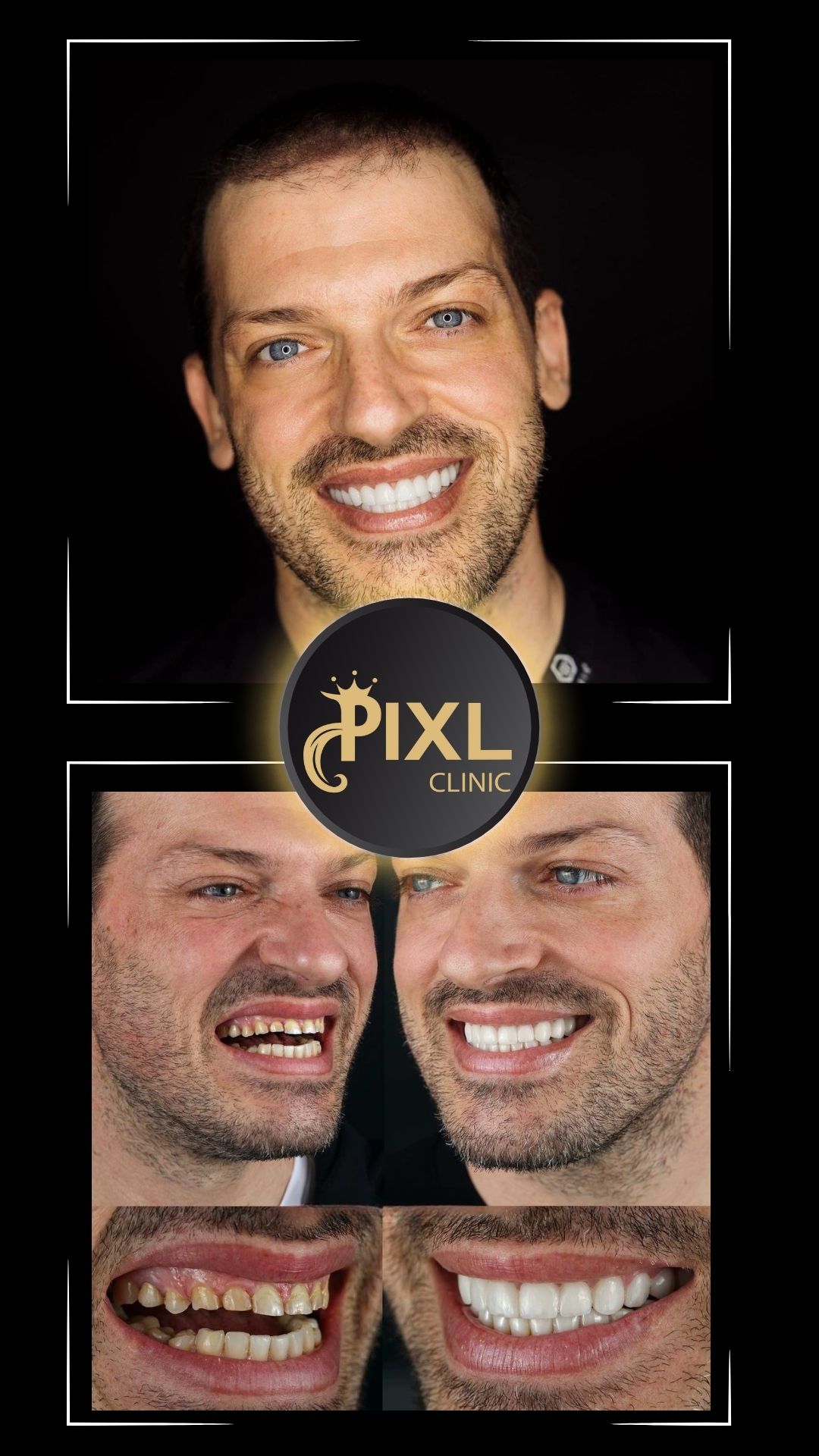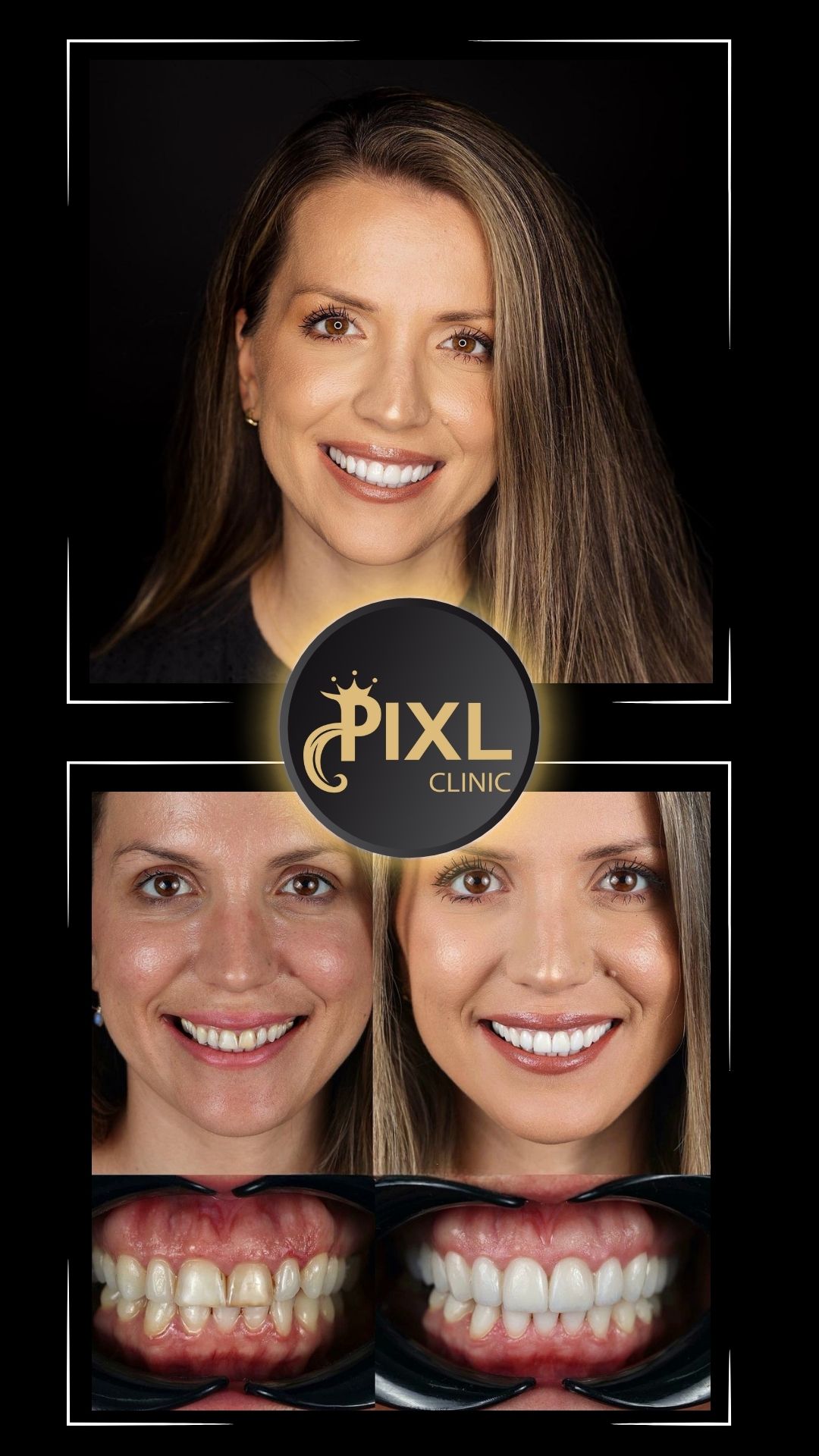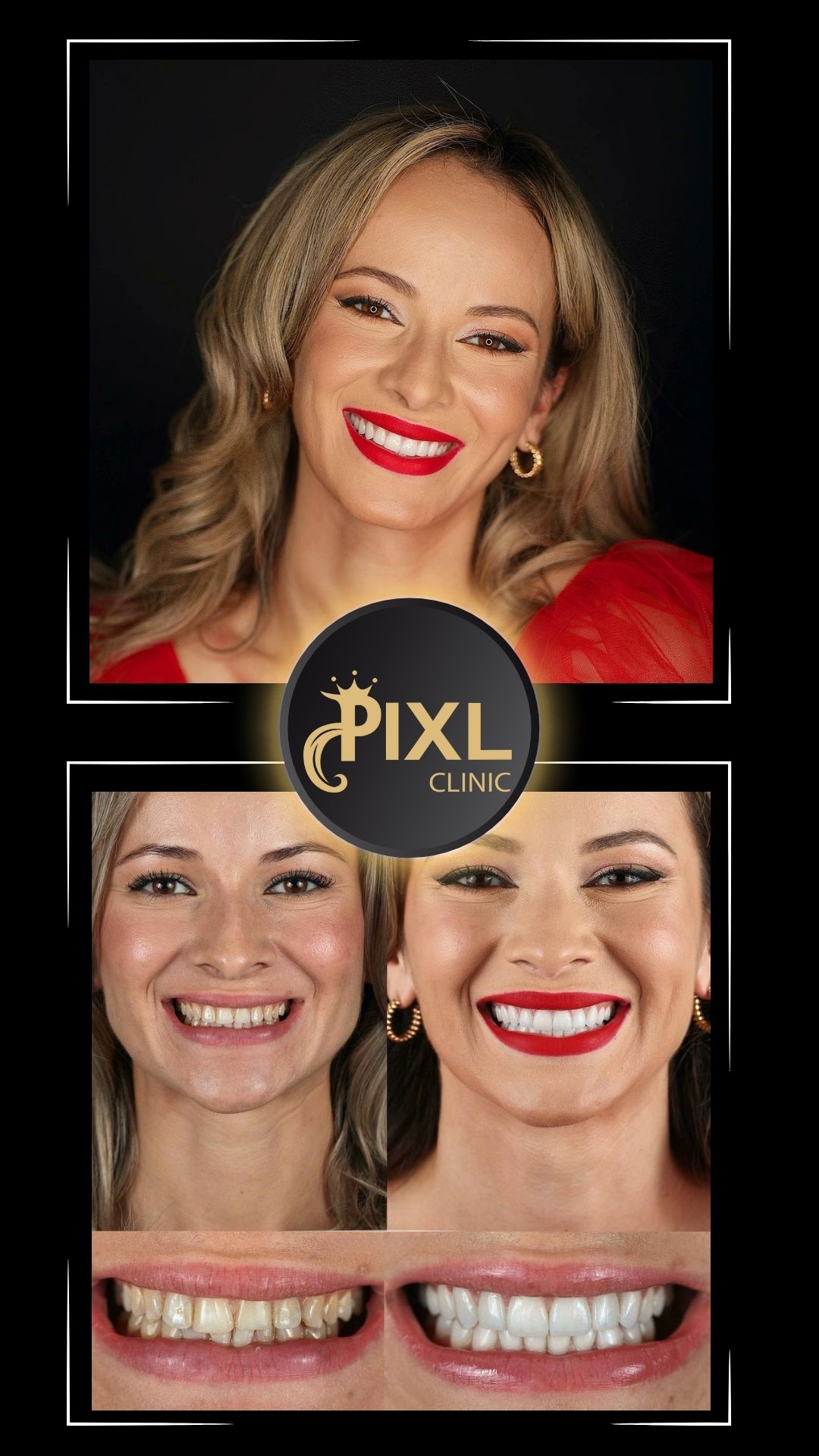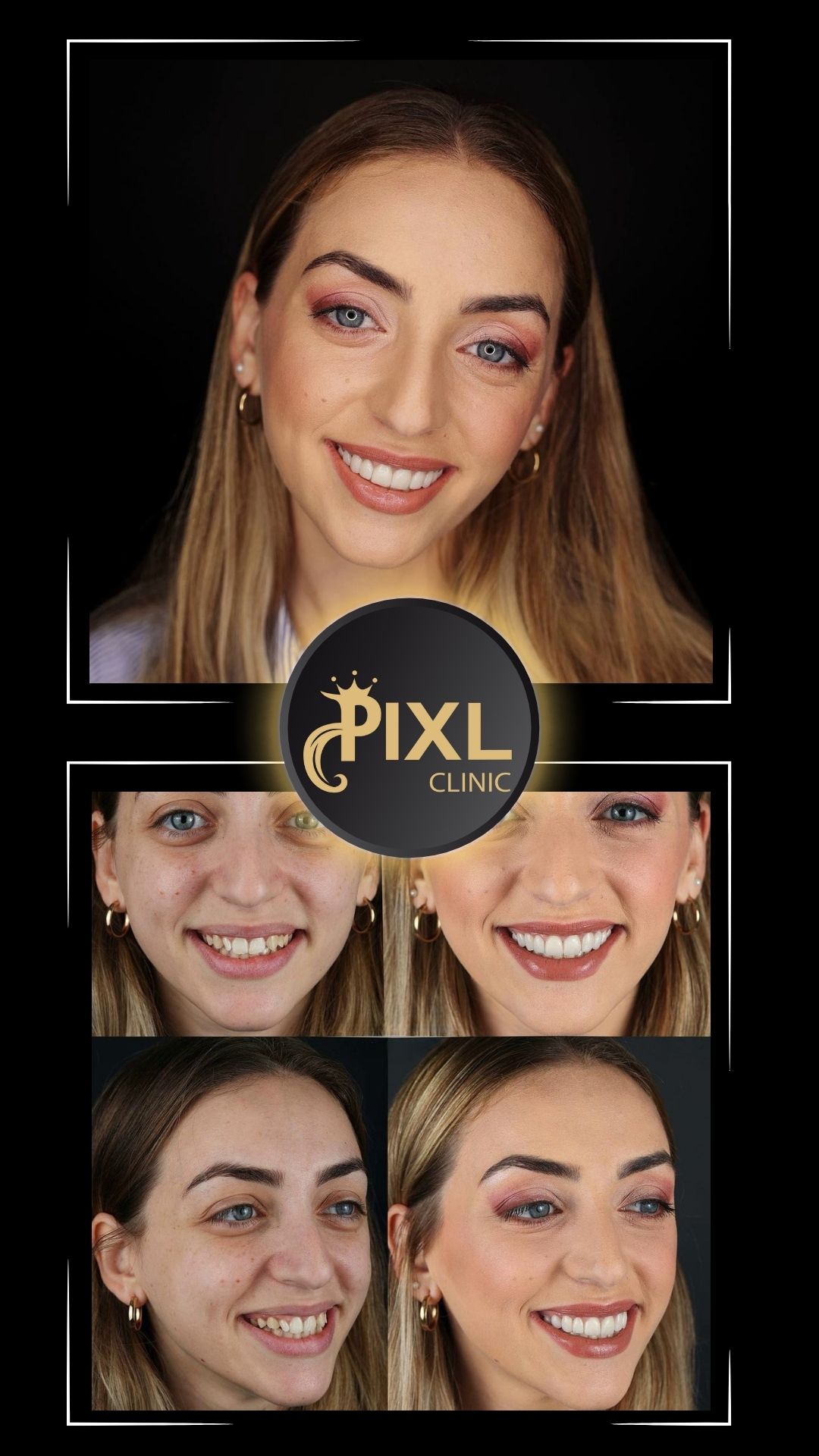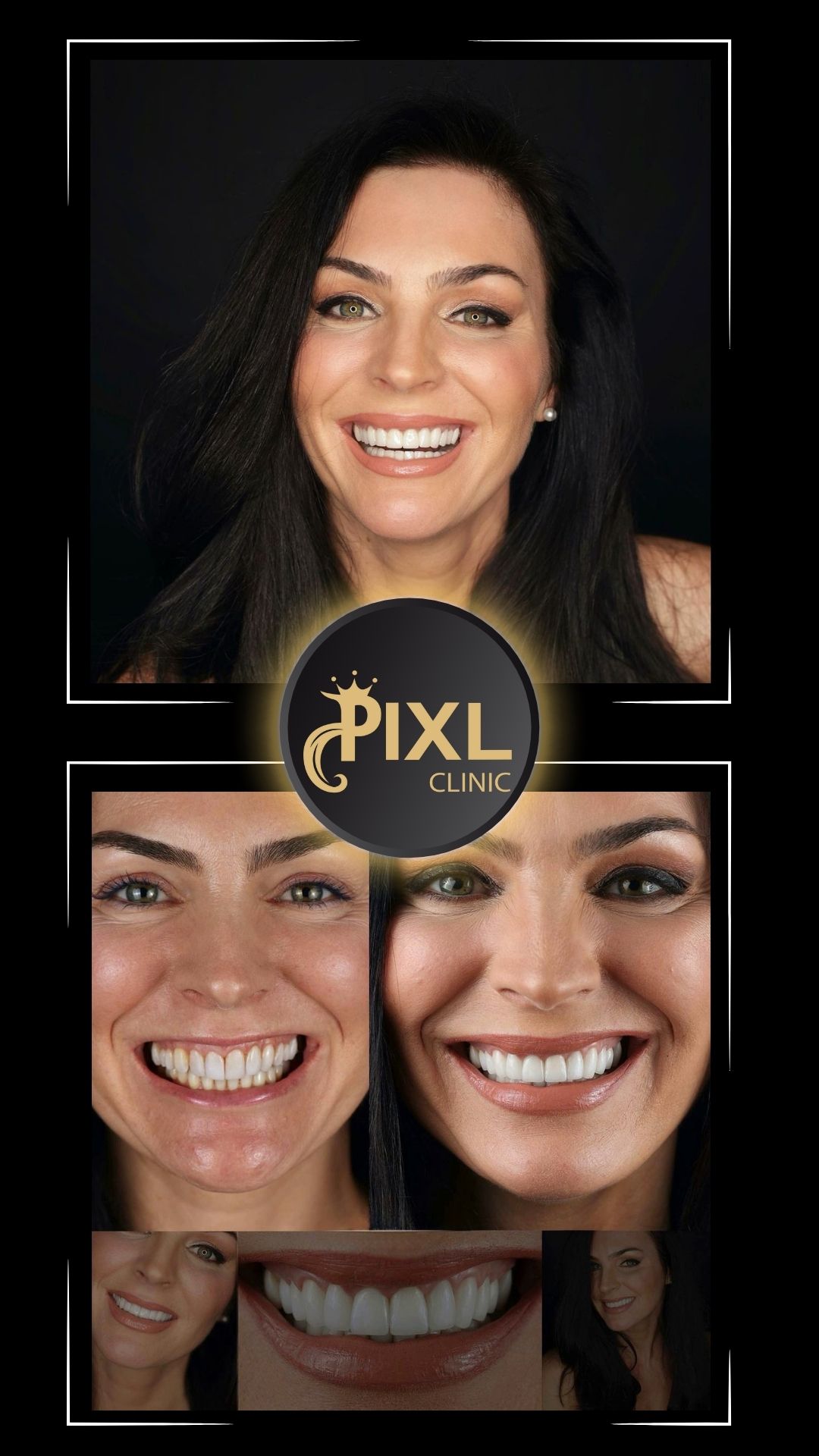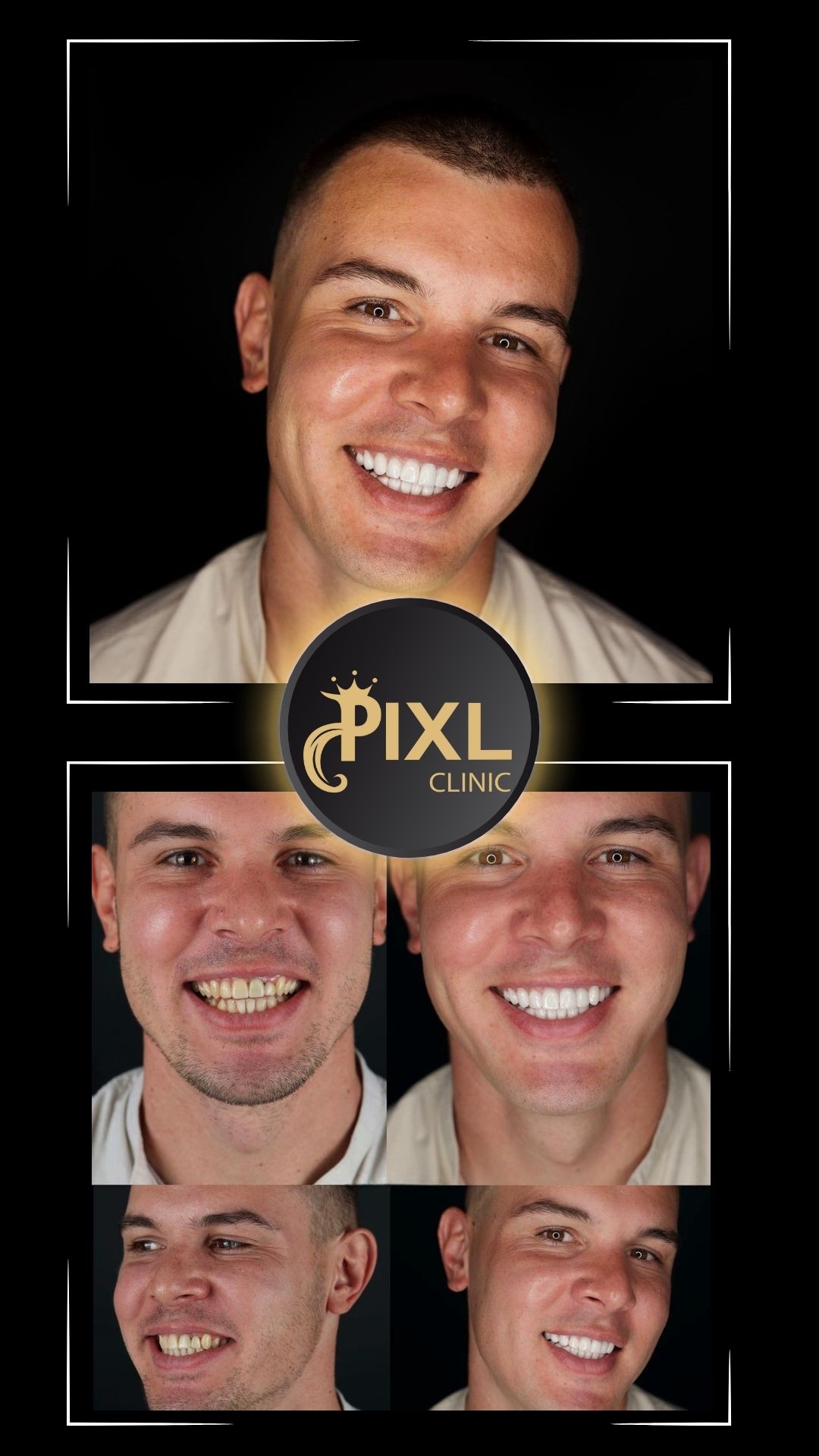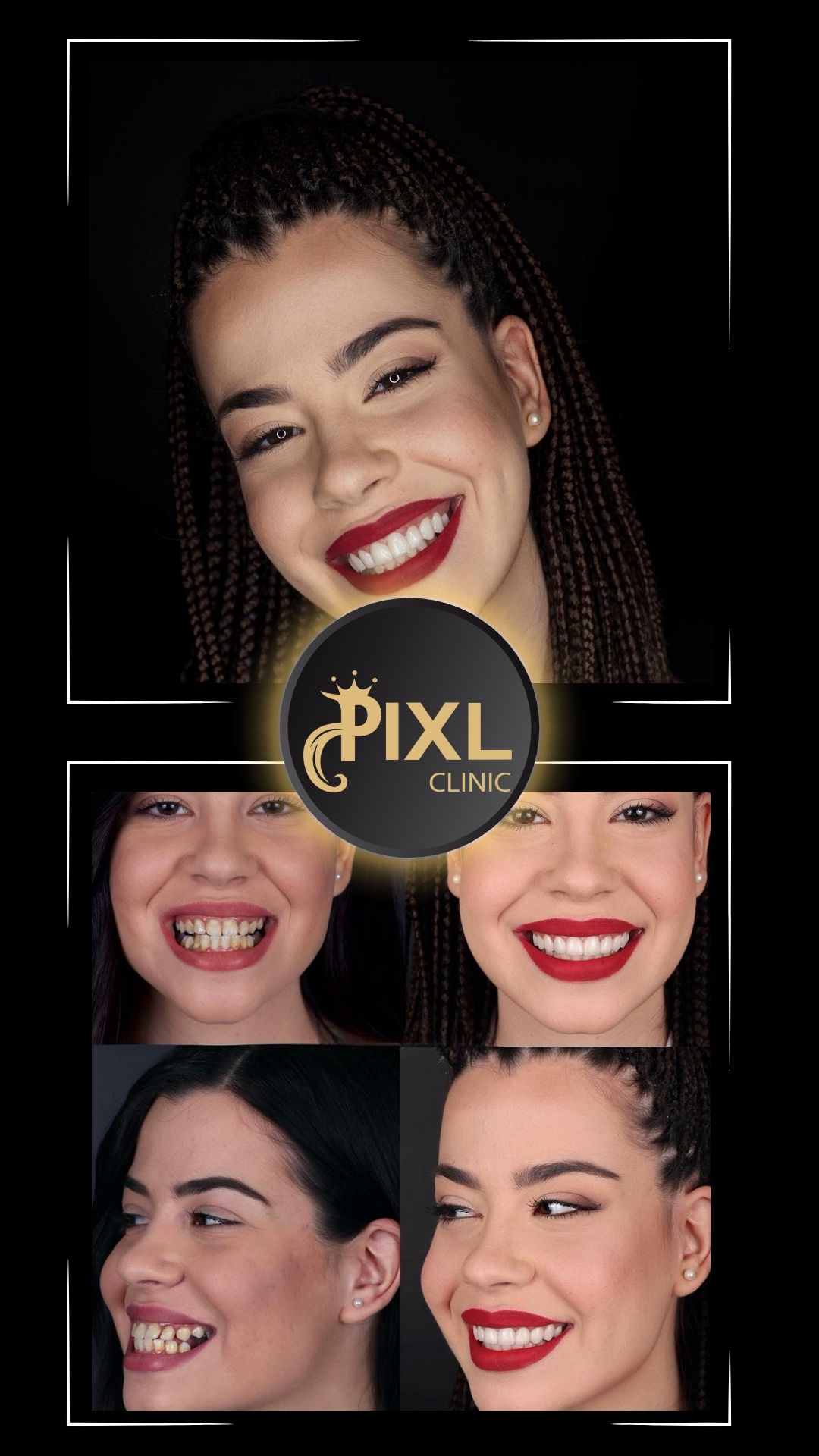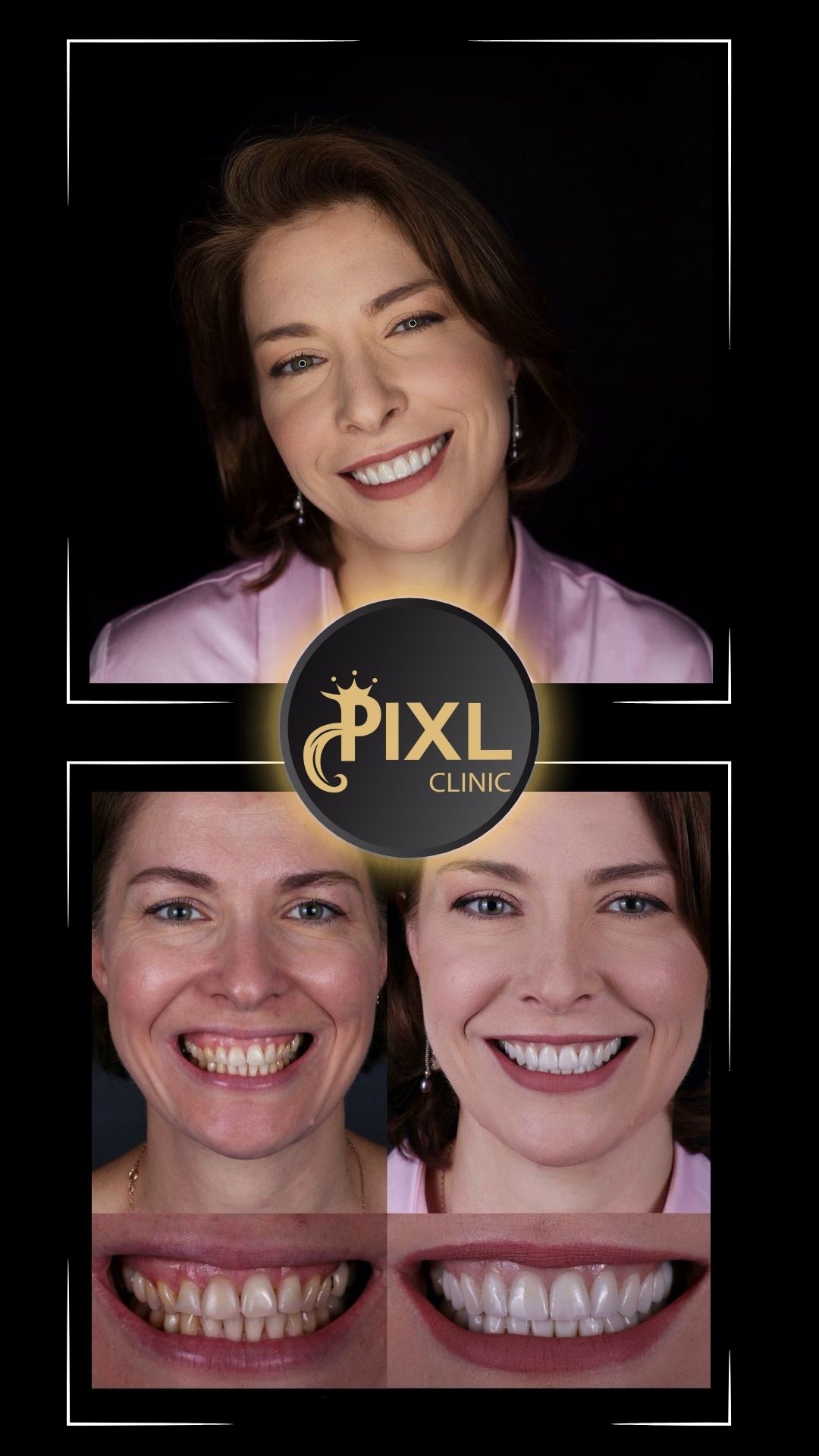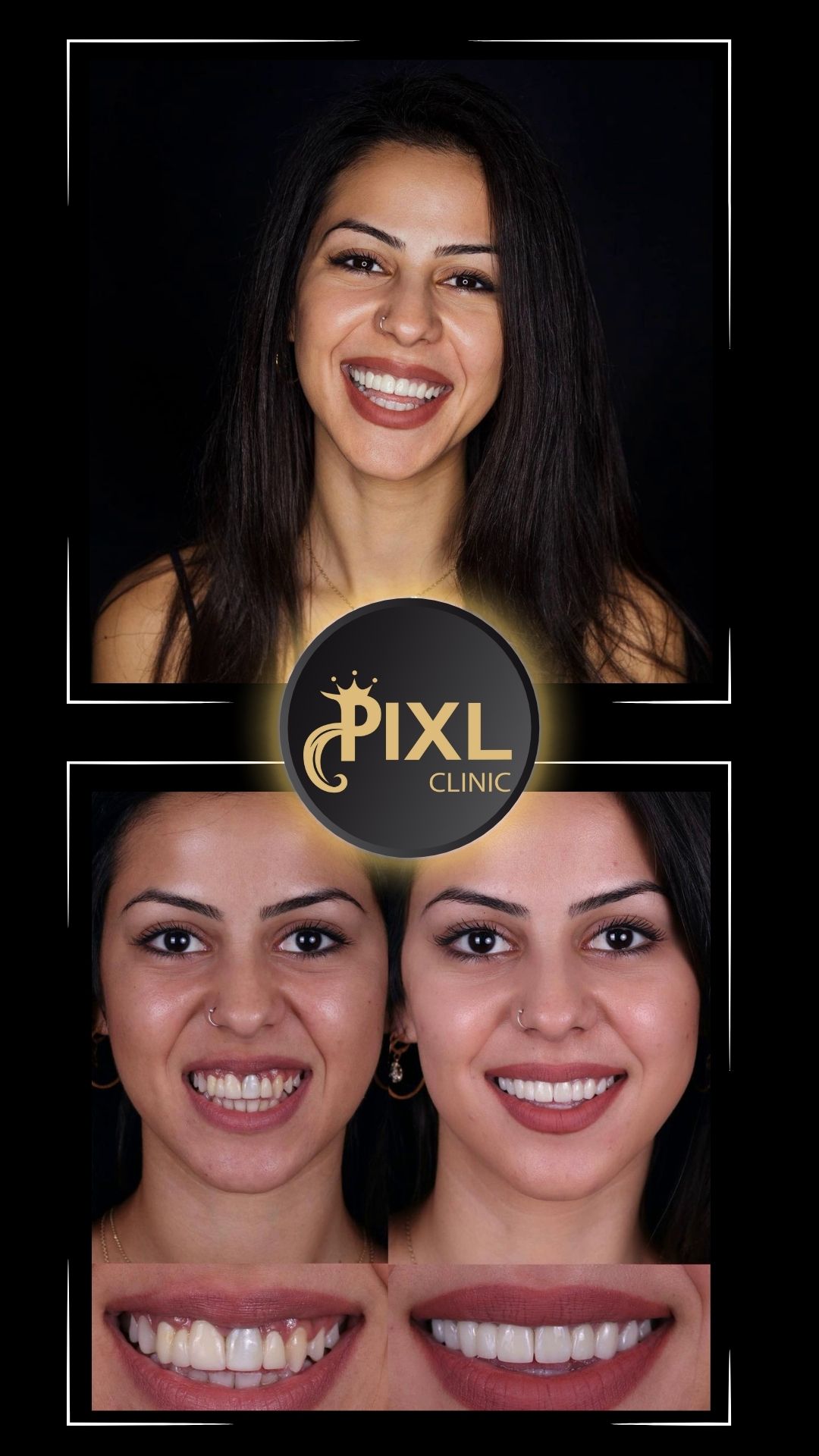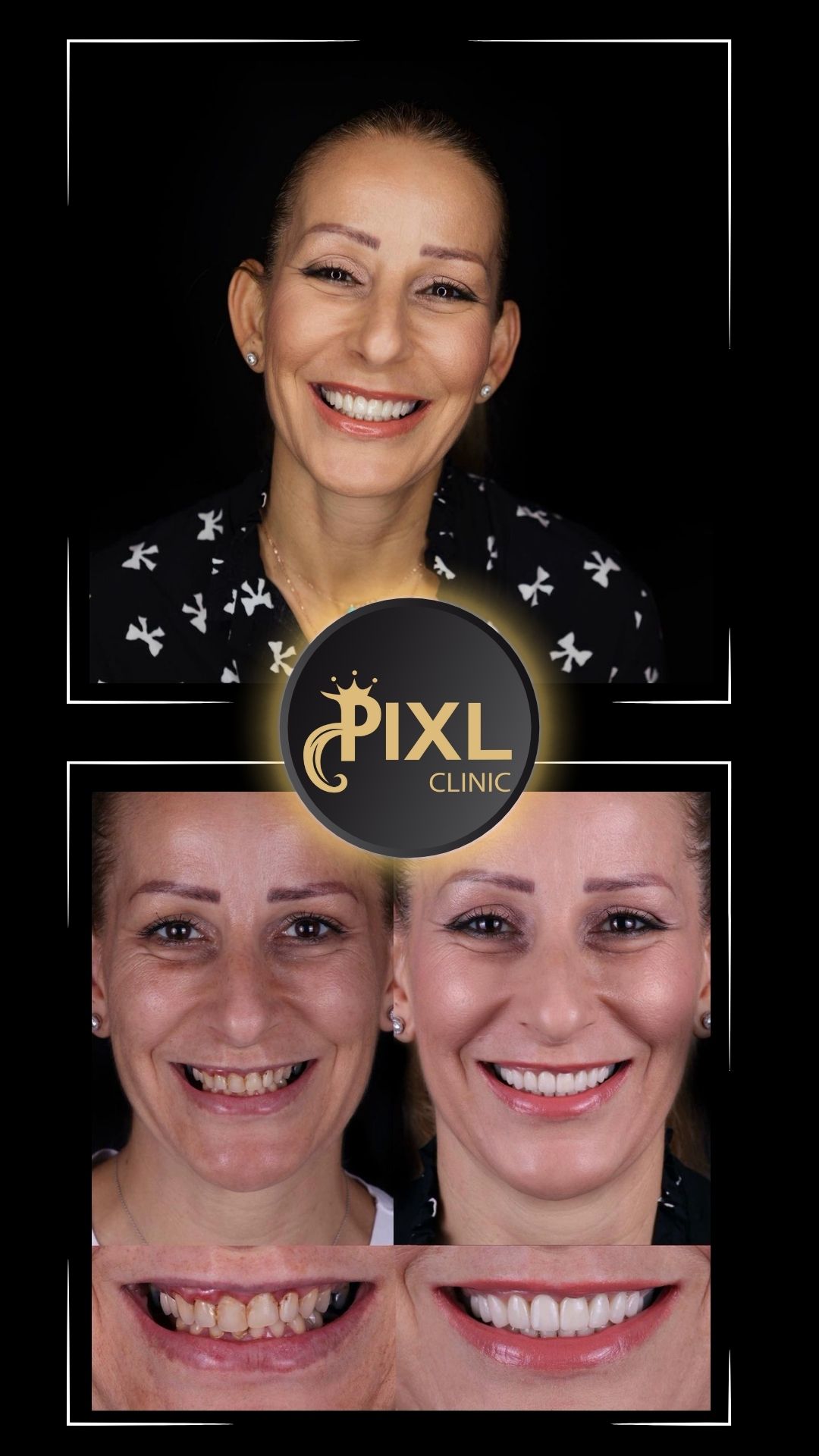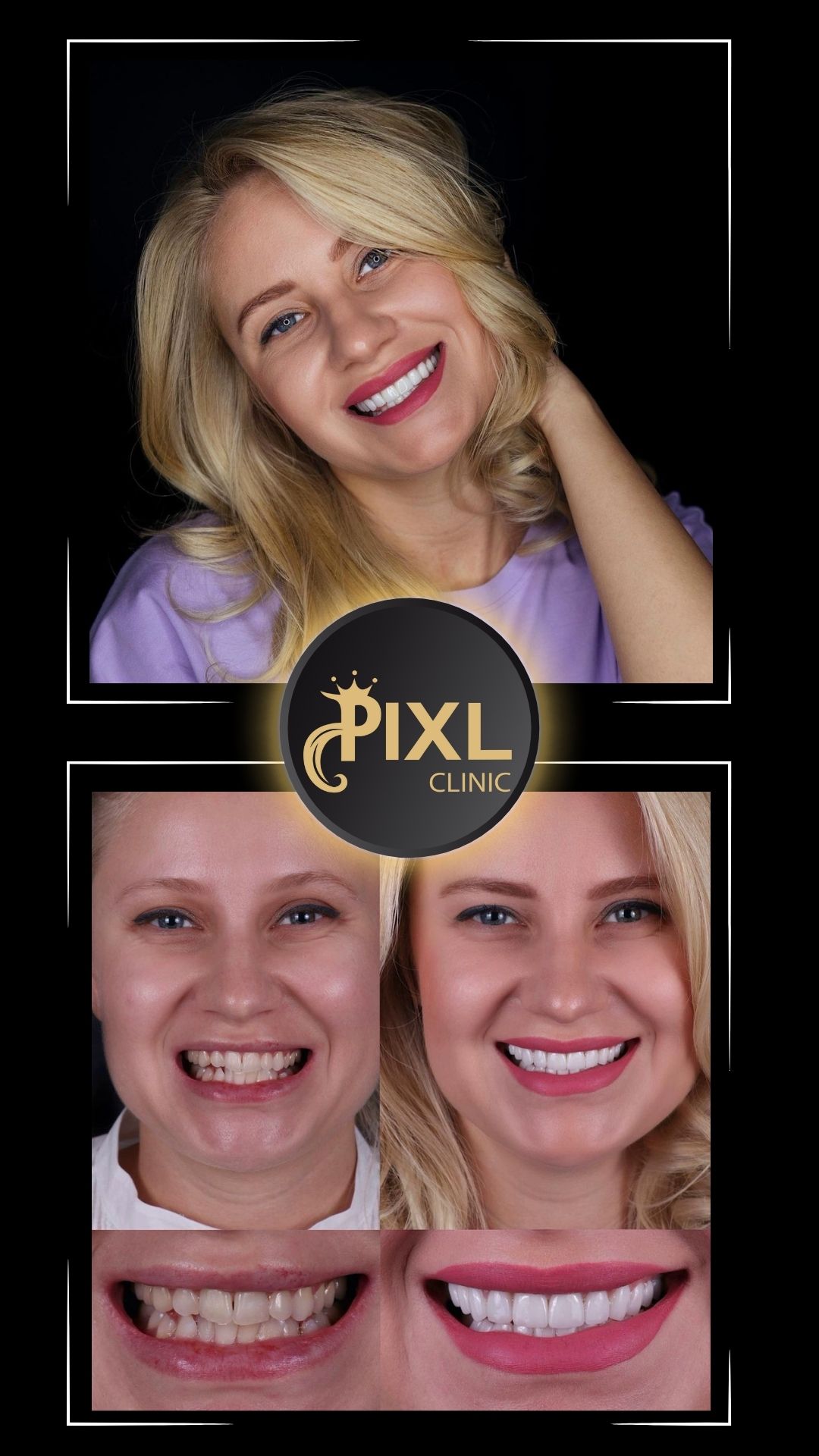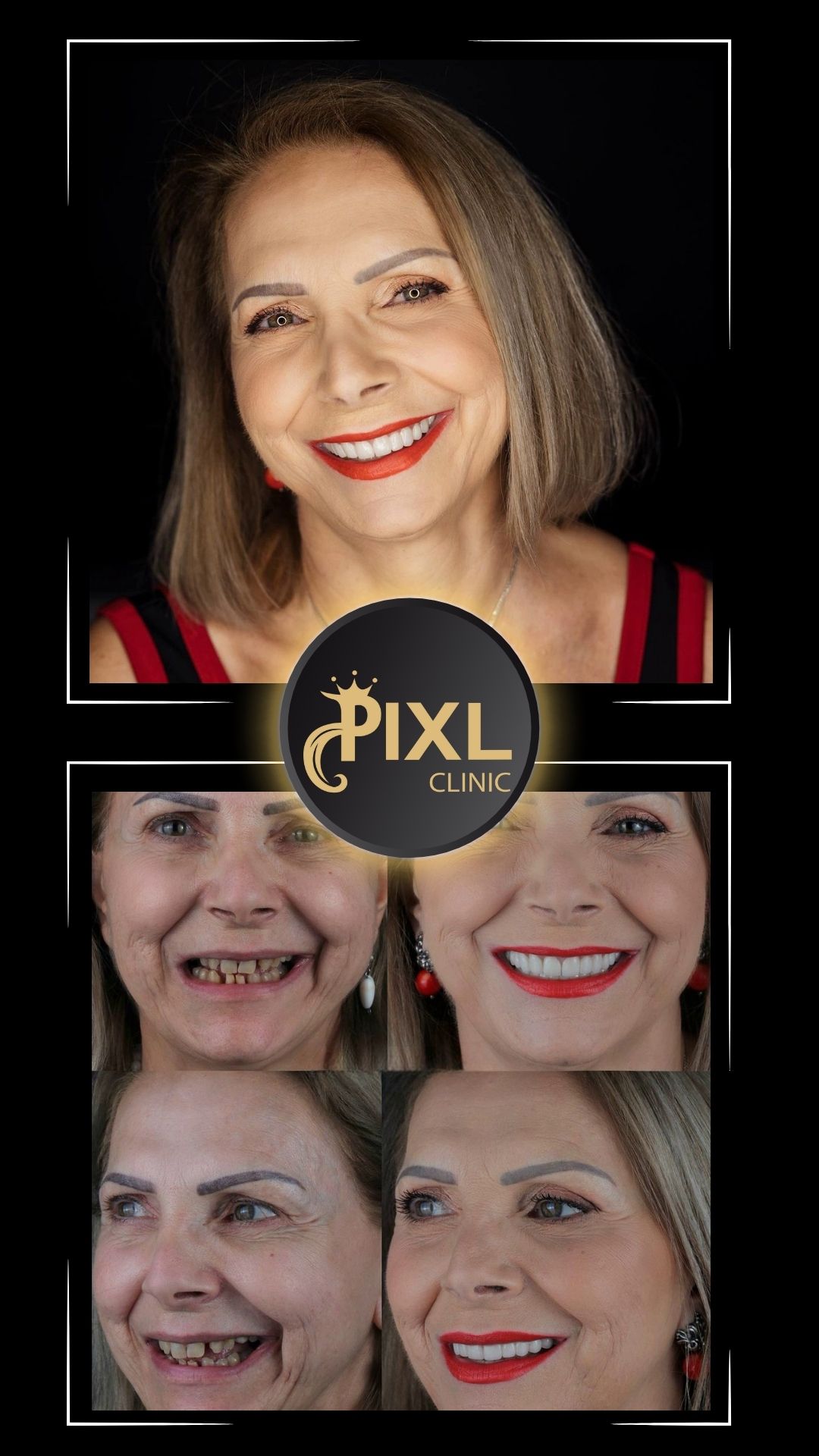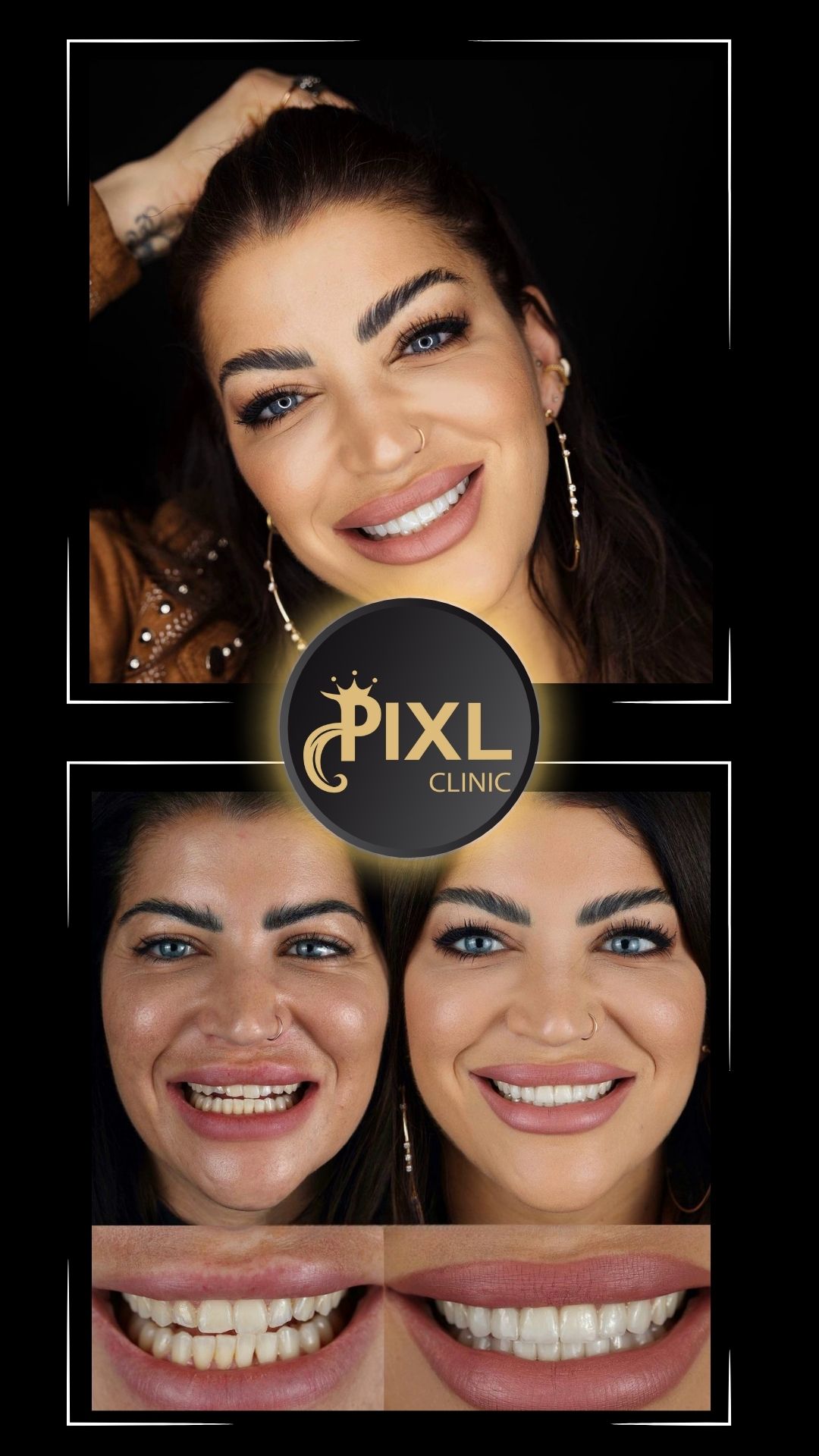Dental Сrowns in Turkey
Discover the benefits of dental crowns in Turkey and embark on a journey to enhance your smile while enjoying the rich culture and stunning landscapes of this beautiful country. Reach out today to learn more about how Turkey can offer you a smile makeover that combines quality, care, and adventure.
Dental Crowns Turkey: A Comprehensive Guide to Transforming Your Smile
If you’re considering dental crowns and looking for high-quality yet affordable treatment options, Turkey stands out as a top destination. Known for its advanced dental care, skilled practitioners, and attractive pricing, Turkey offers a compelling choice for those seeking dental transformations.
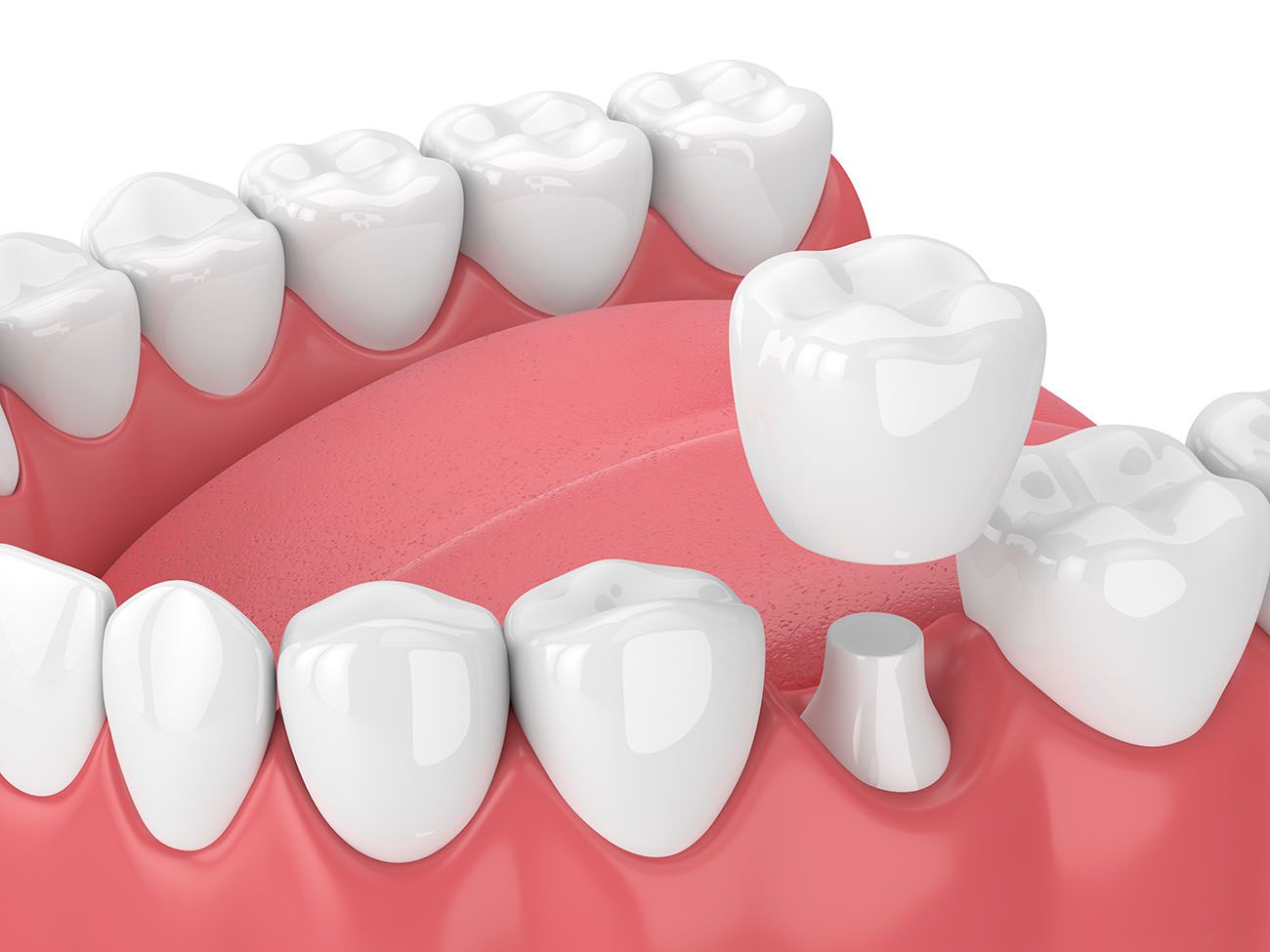
Dental Crowns Turkey: Everything You Need to Know About Restoring Your Smile
Dental crowns are a popular solution for restoring damaged or weakened teeth. Whether you’re dealing with a cracked tooth, severe decay, or simply want to improve the appearance of your smile, crowns can offer a reliable and aesthetically pleasing option.
What Are Dental Crowns?
Dental crowns are custom-made caps designed to cover and protect a damaged or weakened tooth. They restore the tooth’s size, shape, strength, and appearance, providing both functional and cosmetic benefits. Crowns are typically used in the following situations:
- To Protect a Weak Tooth: Crowns help prevent further damage or breakage of a tooth that has been significantly weakened by decay or injury.
- To Restore a Damaged Tooth: After a root canal treatment or extensive filling, a crown can restore the tooth’s structure and function.
- To Improve Appearance: Crowns can enhance the shape, size, and color of discolored or misshapen teeth.
Types of Dental Crowns
Several types of dental crowns are available, each with its own advantages. Your dentist will recommend the best type based on your specific needs:
Porcelain Crowns:
Aesthetics: Porcelain crowns offer a natural look and are an excellent choice for front teeth. They blend seamlessly with the surrounding teeth and are highly resistant to staining.
Durability: While durable, porcelain crowns may be less resilient to heavy chewing compared to some other materials.
Zirconia Crowns:
Strength: Made from a strong ceramic material, zirconia crowns are highly durable and suitable for both front and back teeth.
Appearance: They offer a natural look similar to porcelain but are even more resistant to wear and chipping.
Metal Crowns:
Durability: Metal crowns, including those made from gold or other alloys, are incredibly strong and ideal for molars that endure heavy chewing forces.
Appearance: Although very durable, metal crowns are less aesthetically pleasing due to their color, making them more suitable for non-visible areas.
Porcelain-Fused-to-Metal Crowns:
Combination: These crowns combine the strength of metal with the aesthetic appeal of porcelain. They are suitable for visible and non-visible teeth.
Appearance: The porcelain layer can be matched to the color of your natural teeth, while the metal provides additional strength.
The Dental Crown Procedure
Here’s what you can expect during the process of getting a dental crown:
Initial Consultation:
Examination: Your dentist will examine your tooth and discuss your treatment options. X-rays may be taken to assess the extent of damage or decay.
Treatment Plan: Based on your condition and goals, your dentist will recommend the type of crown that best suits your needs.
Tooth Preparation:
Shaping: The affected tooth is reshaped to accommodate the crown. This may involve removing some of the tooth’s structure to ensure a proper fit.
Impressions: Your dentist will take impressions or digital scans of the prepared tooth, which will be used to create a custom crown.
Temporary Crown:
Protection: While your permanent crown is being made, a temporary crown is placed to protect the prepared tooth and maintain functionality.
Crown Placement:
Fitting: Once your permanent crown is ready, it is carefully fitted and adjusted for optimal fit and bite.
Cementing: The crown is then permanently cemented onto the prepared tooth.
Follow-Up Care:
Check-Up: Your dentist will schedule a follow-up visit to ensure the crown is functioning properly and to address any concerns.
Benefits of Dental Crowns
Enhanced Durability:
Crowns provide long-lasting protection and strength to damaged or weakened teeth, allowing them to function normally.
Improved Aesthetics:
Crowns can enhance the appearance of your teeth, correcting issues such as discoloration, misalignment, and shape.
Restored Function:
Crowns restore the tooth’s ability to chew and speak effectively, improving overall oral function.
Prevention of Further Damage:
By covering and protecting a compromised tooth, crowns help prevent further decay or damage.
Aftercare and Maintenance
Oral Hygiene:
Maintain good oral hygiene by brushing and flossing regularly. This helps ensure the longevity of your crown and overall dental health.
Dietary Considerations:
Avoid hard or sticky foods that can potentially damage the crown or affect its adhesion.
Regular Check-Ups:
Schedule regular dental check-ups to monitor the condition of your crown and ensure your oral health is maintained.
Dental crowns offer a reliable solution for restoring and enhancing damaged or weakened teeth. With various types available, you can achieve both functional and aesthetic improvements tailored to your specific needs. If you’re considering dental crowns, consult with your dentist to explore your options and develop a treatment plan that ensures a successful outcome.
Dental Crowns in Turkey: Costs and Considerations
If you’re considering a dental crown, Turkey is a popular destination due to its advanced dental care and competitive pricing. This blog will break down the costs of dental crowns in Turkey, what affects these costs, and why it might be a smart choice for your dental needs.
Understanding Dental Crowns
A dental crown is a cap placed over a damaged or weakened tooth to restore its shape, size, strength, and appearance. Crowns are often used to protect a tooth that has undergone significant damage, to cover a large filling, or to improve the appearance of a discolored or misshapen tooth.
Cost of Dental Crowns in Turkey
The cost of dental crowns in Turkey can vary based on several factors, including the type of crown material and the clinic’s location. Here’s a general breakdown:
- Porcelain Crowns: Typically range from €150 to €250 per crown. These crowns provide a natural look and are ideal for visible teeth.
- Ceramic Crowns: Similar to porcelain crowns, they also range from €150 to €250. They offer excellent aesthetics and are often used for front teeth.
- Metal Crowns: Costs range from €100 to €150. These crowns, which include gold or other alloys, are highly durable and often used for back teeth.
- Porcelain-Fused-to-Metal (PFM) Crowns: Generally cost between €150 to €250. They combine the strength of metal with the appearance of porcelain.
- Resin Crowns: The most affordable option, ranging from €150 to €250. They are less durable but cost-effective.
What to Expect When Getting a Crown in Turkey
- Consultation: Your first visit will involve an assessment of your oral health, a discussion of your needs and options, and a treatment plan.
- Preparation and Impressions: The tooth will be reshaped, and an impression will be taken to create a custom crown. A temporary crown will be placed until the permanent one is ready.
- Crown Placement: Once the permanent crown is ready, it will be fitted, adjusted, and cemented into place.
Frequently Asked Questions
What are dental crowns?
Dental crowns are tooth-shaped “caps” placed over damaged or weakened teeth to restore their shape, size, strength, and appearance.
Why get dental crowns in Turkey?
Turkey is a popular destination for dental treatments because of high-quality care, state-of-the-art technology, experienced professionals, and significantly lower costs compared to countries like the USA, UK, or Western Europe.
How much do dental crowns cost in Turkey?
Prices vary depending on the material used, but generally, dental crowns in Turkey can range from €150 to €400 per tooth. This is often 50-70% cheaper than in Western countries.
What types of dental crowns are available?
- Porcelain-fused-to-metal (PFM): Strong and durable, but can show a metal line at the gum line over time.
- Zirconia crowns: Durable, biocompatible, and aesthetically pleasing. Ideal for those seeking natural-looking results.
- E-max crowns: Made of lithium disilicate, these are highly aesthetic and suitable for front teeth but may not be as durable for molars.
Is the quality of dental crowns in Turkey good?
Yes, Turkey is known for its high-quality dental care. Most dental clinics in major cities are internationally accredited, and dentists often have international training. Always ensure you choose a reputable clinic with good reviews and certifications.
How long do dental crowns take to complete?
The process generally takes 5-7 days. On your first visit, the dentist will prepare the tooth, take impressions, and place a temporary crown. The permanent crown is made in a lab, and you return for a fitting and cementing.
Is it safe to get dental crowns in Turkey?
Yes, as long as you go to a reputable clinic with experienced dentists. Research clinics, read reviews, and check for international accreditations before making your decision.
Can I combine dental treatment with a vacation?
Absolutely! Many patients choose to combine dental treatment with a holiday, especially since clinics are often located in tourist-friendly cities like Istanbul, Antalya, or Izmir.
Are there any risks or complications?
As with any dental procedure, risks include infection, sensitivity, or crown misfit. However, these risks are minimized if you choose a qualified dentist. Some clinics offer warranties or guarantees on crowns.
How long do dental crowns last?
With proper care, dental crowns can last between 10-15 years or longer. Zirconia and E-max crowns tend to last longer than porcelain-fused-to-metal crowns.
Will I need follow-up appointments?
Follow-up appointments are usually recommended to ensure the crown fits well and functions properly. If you can’t return to Turkey, you may have a follow-up visit with a dentist in your home country.
Is travel and accommodation included in the price?
Some clinics offer packages that include transportation, accommodation, and treatment. Others may provide assistance but require you to book your own travel and stay.
Do I need insurance for dental treatment in Turkey?
Most international health insurance policies do not cover elective dental procedures abroad. However, the lower costs of treatment in Turkey often make it affordable even without insurance coverage.
How do I choose the right clinic for dental crowns in Turkey?
- Check online reviews and testimonials.
- Look for clinics accredited by international dental organizations.
- Ensure the dentists have proper credentials and experience.
- Ask about the materials and technology they use.
- Review before-and-after photos from previous patients.

